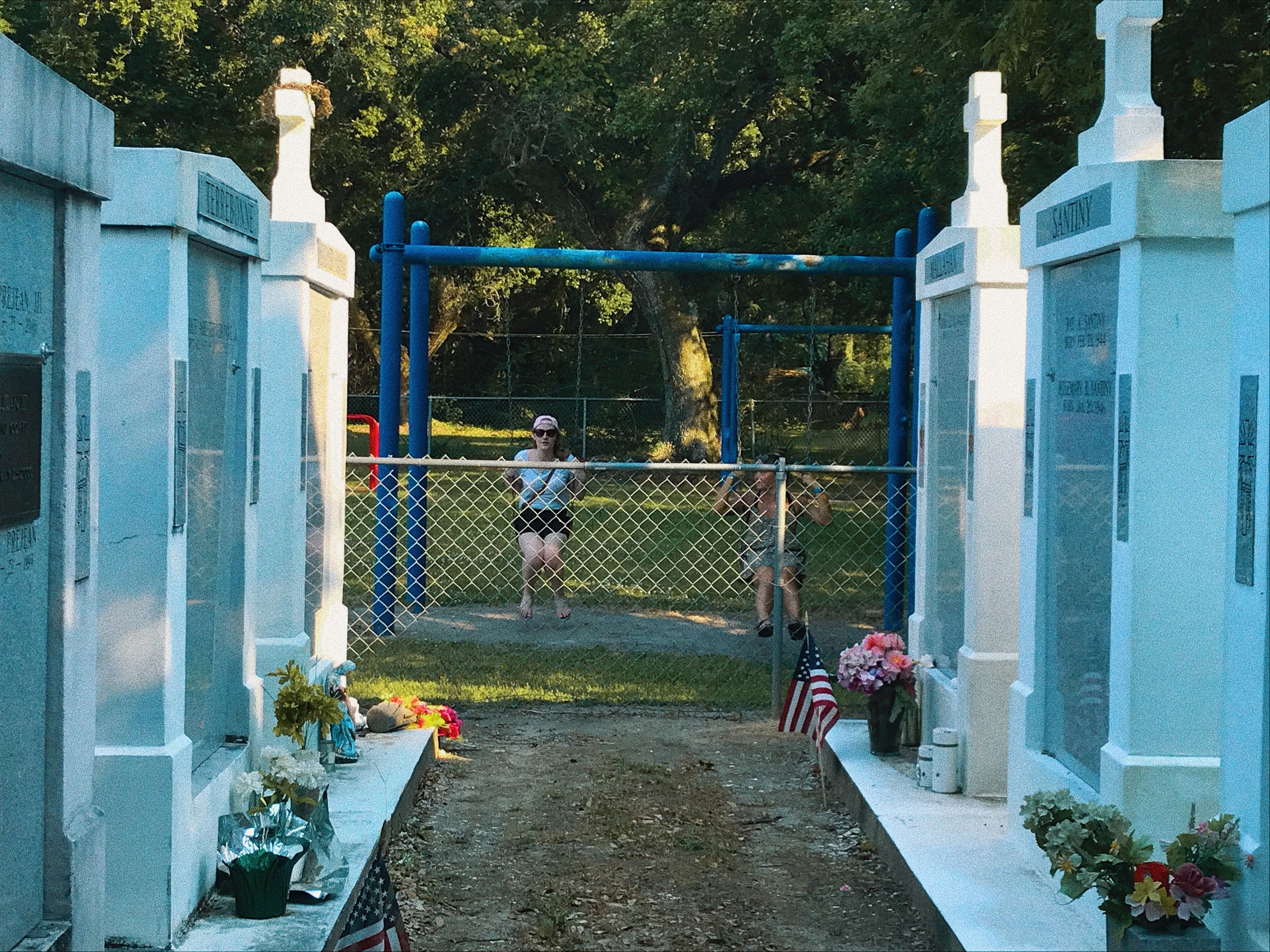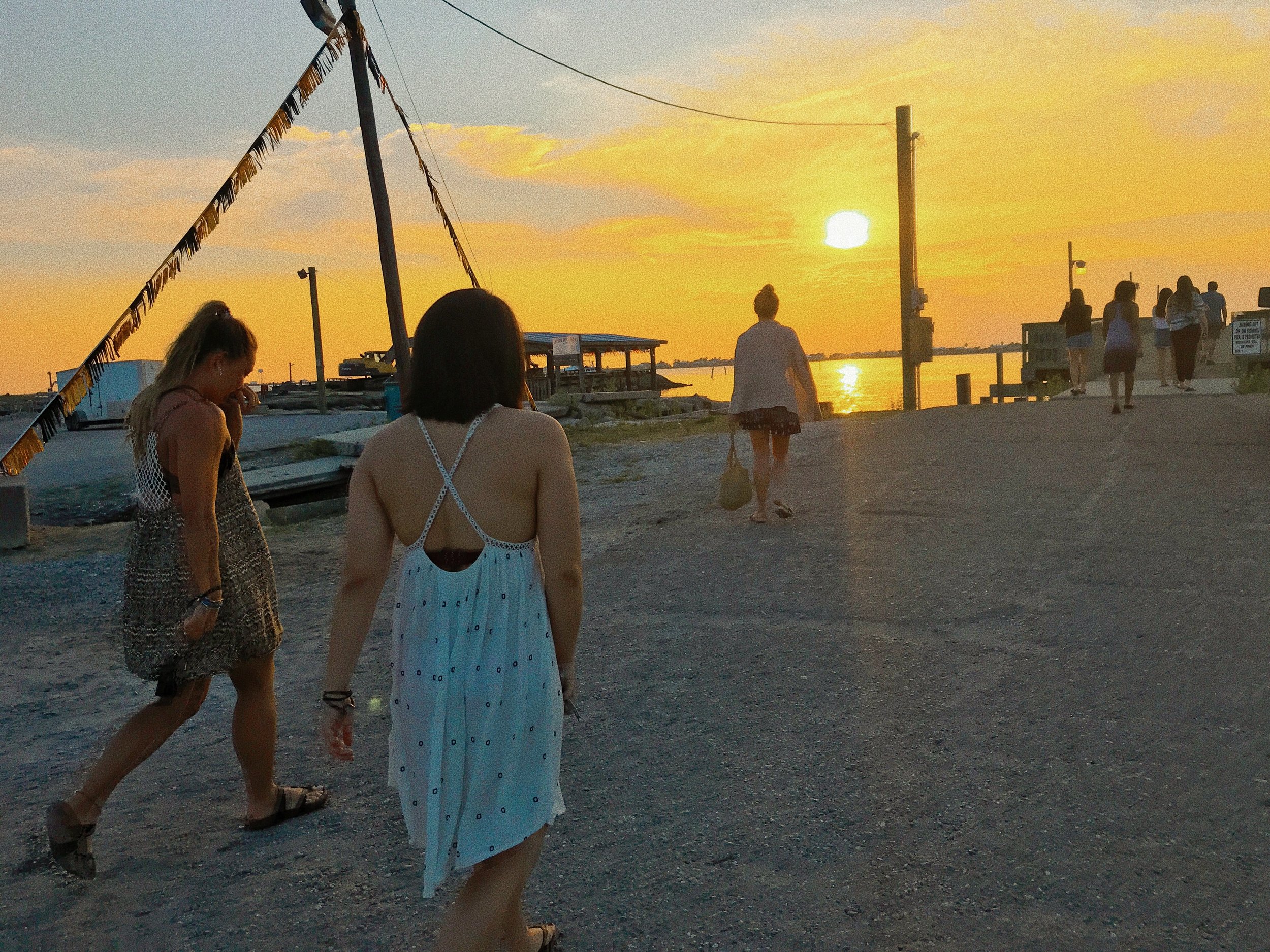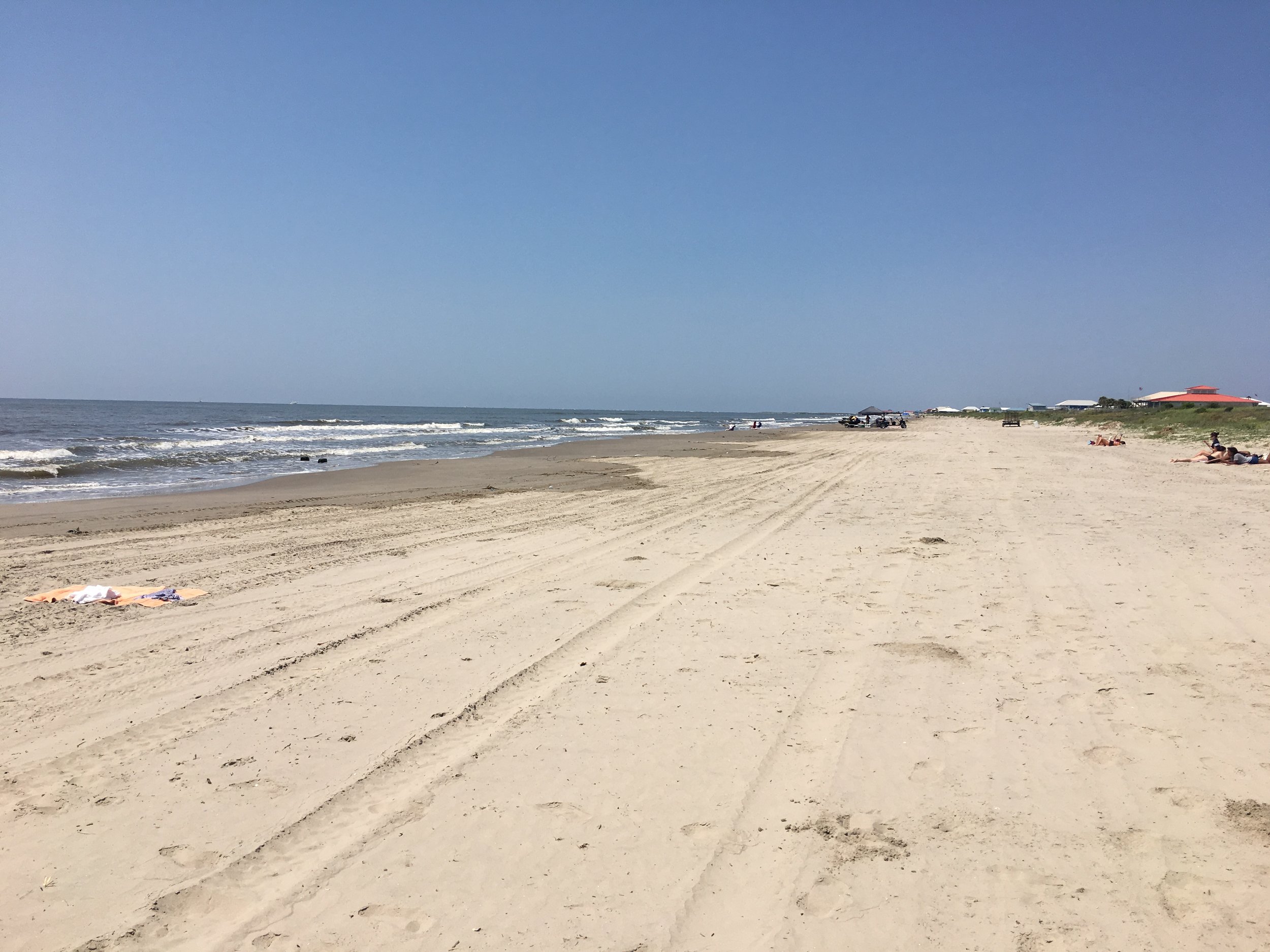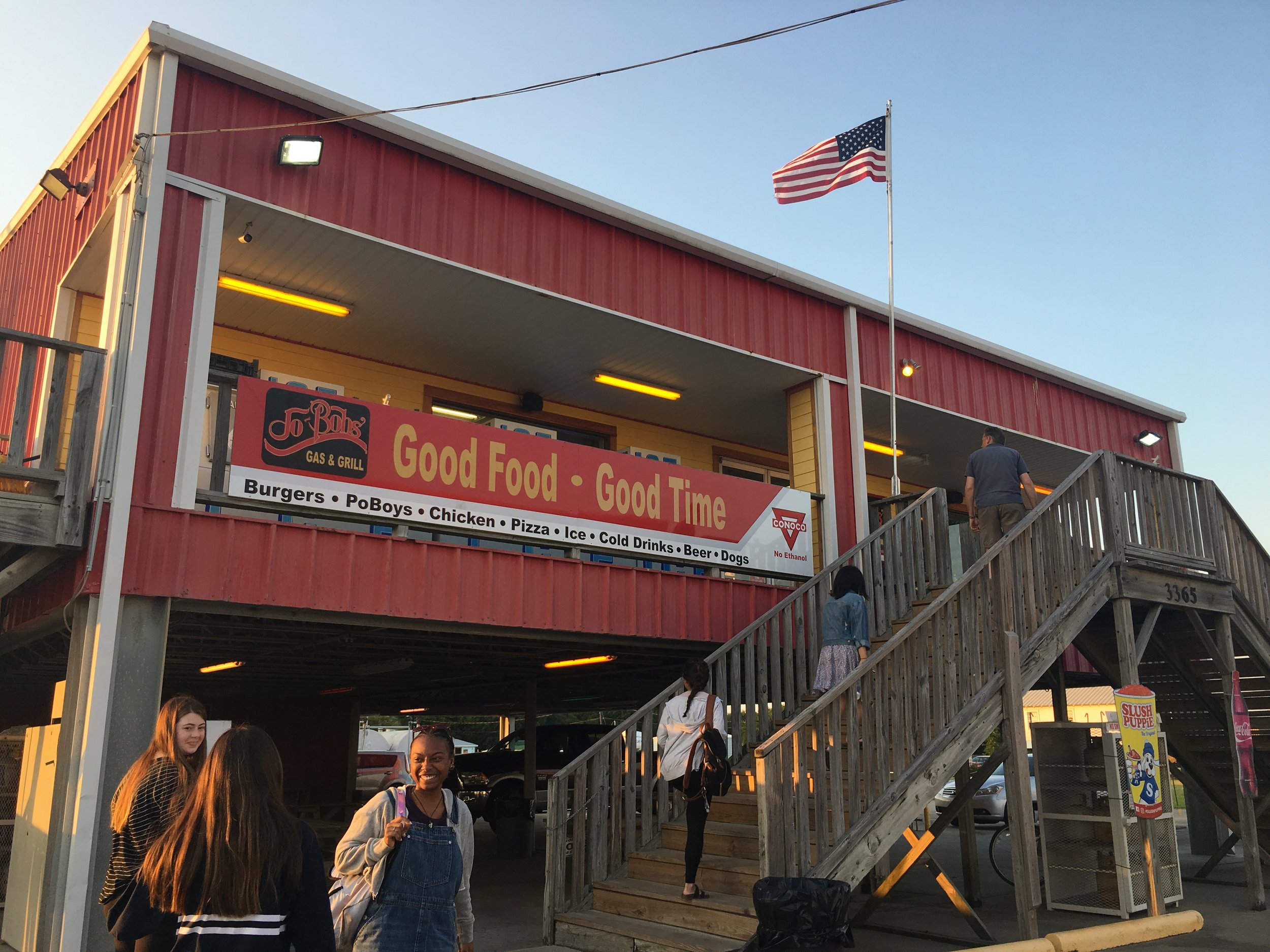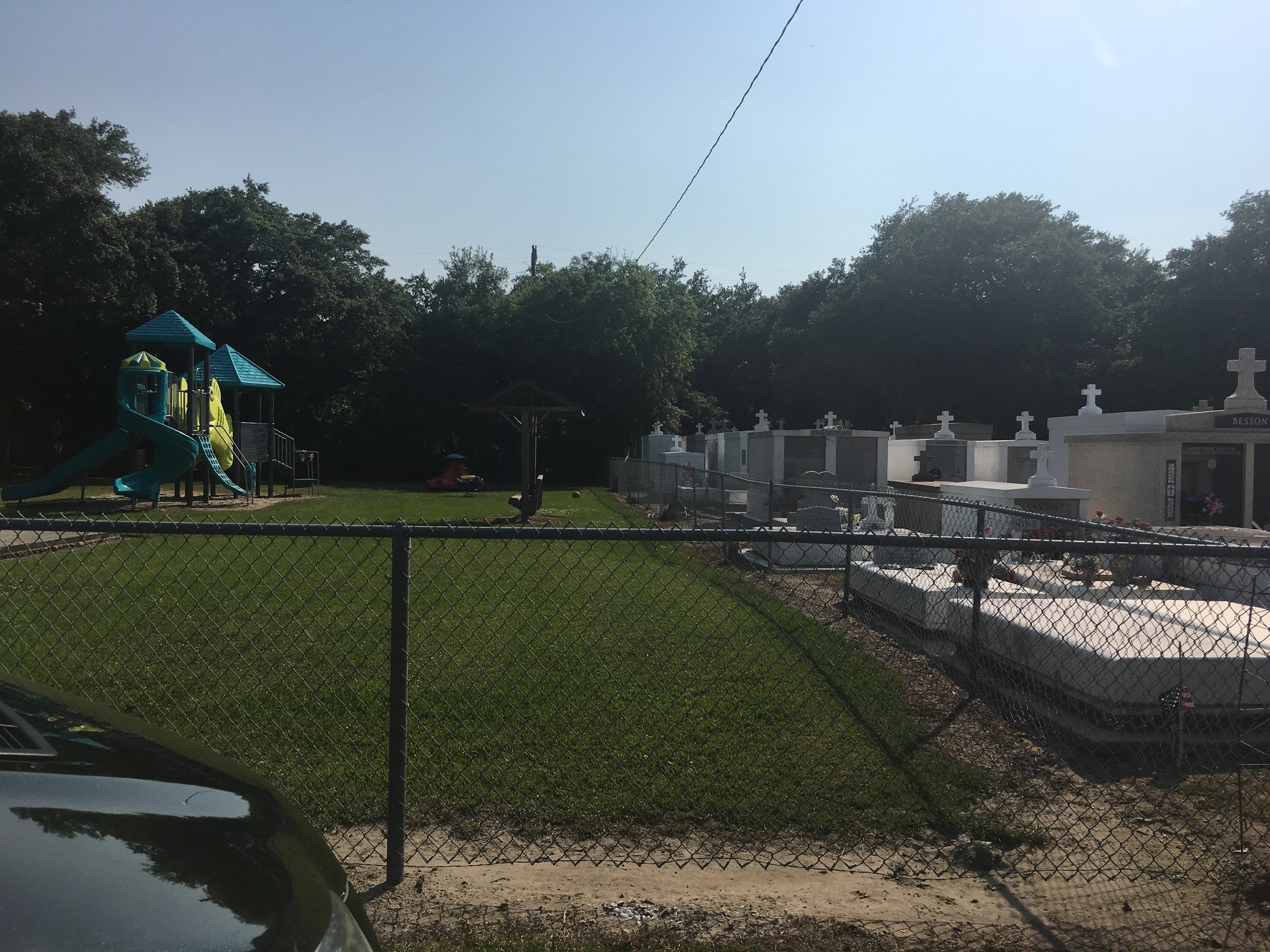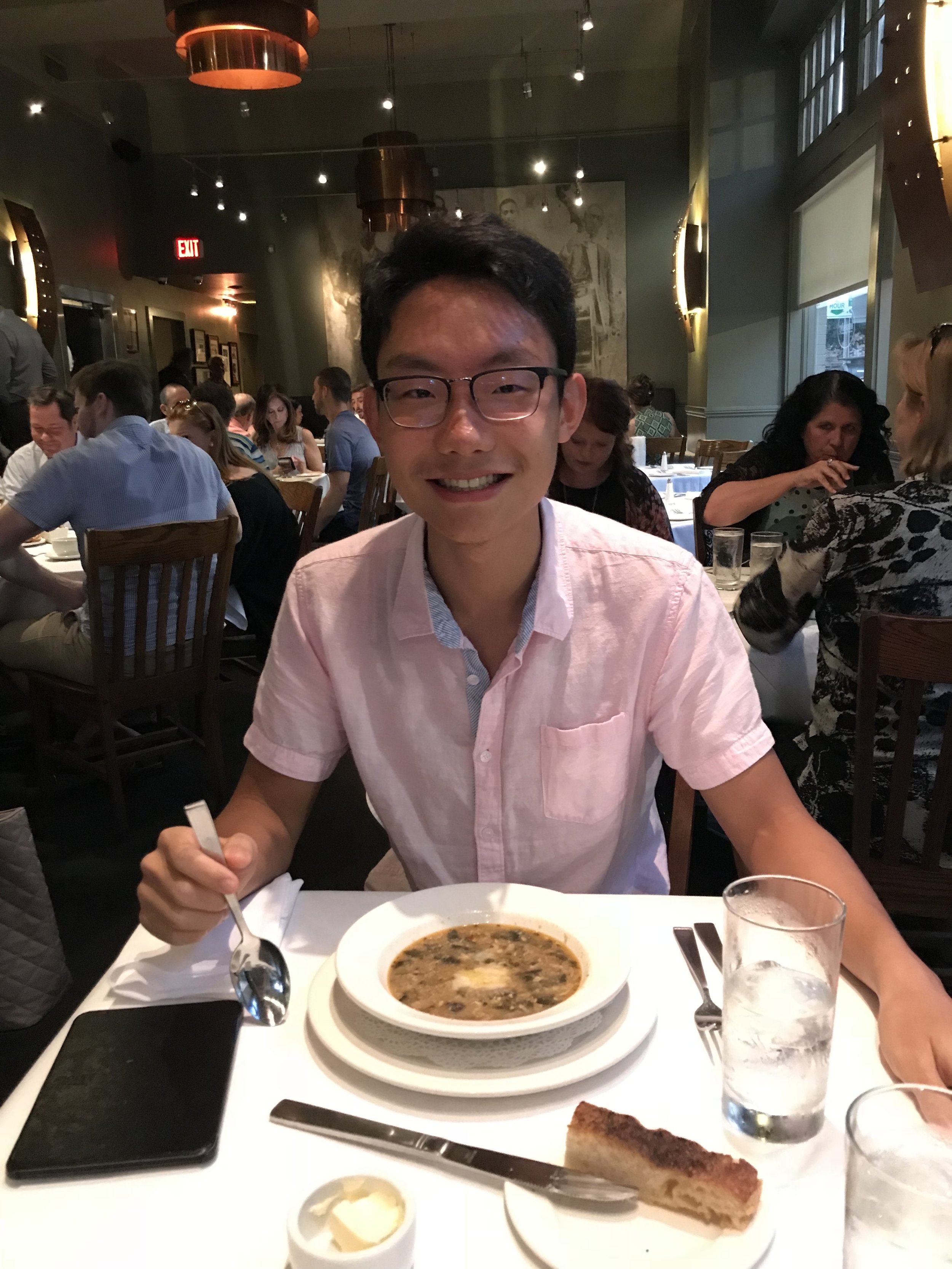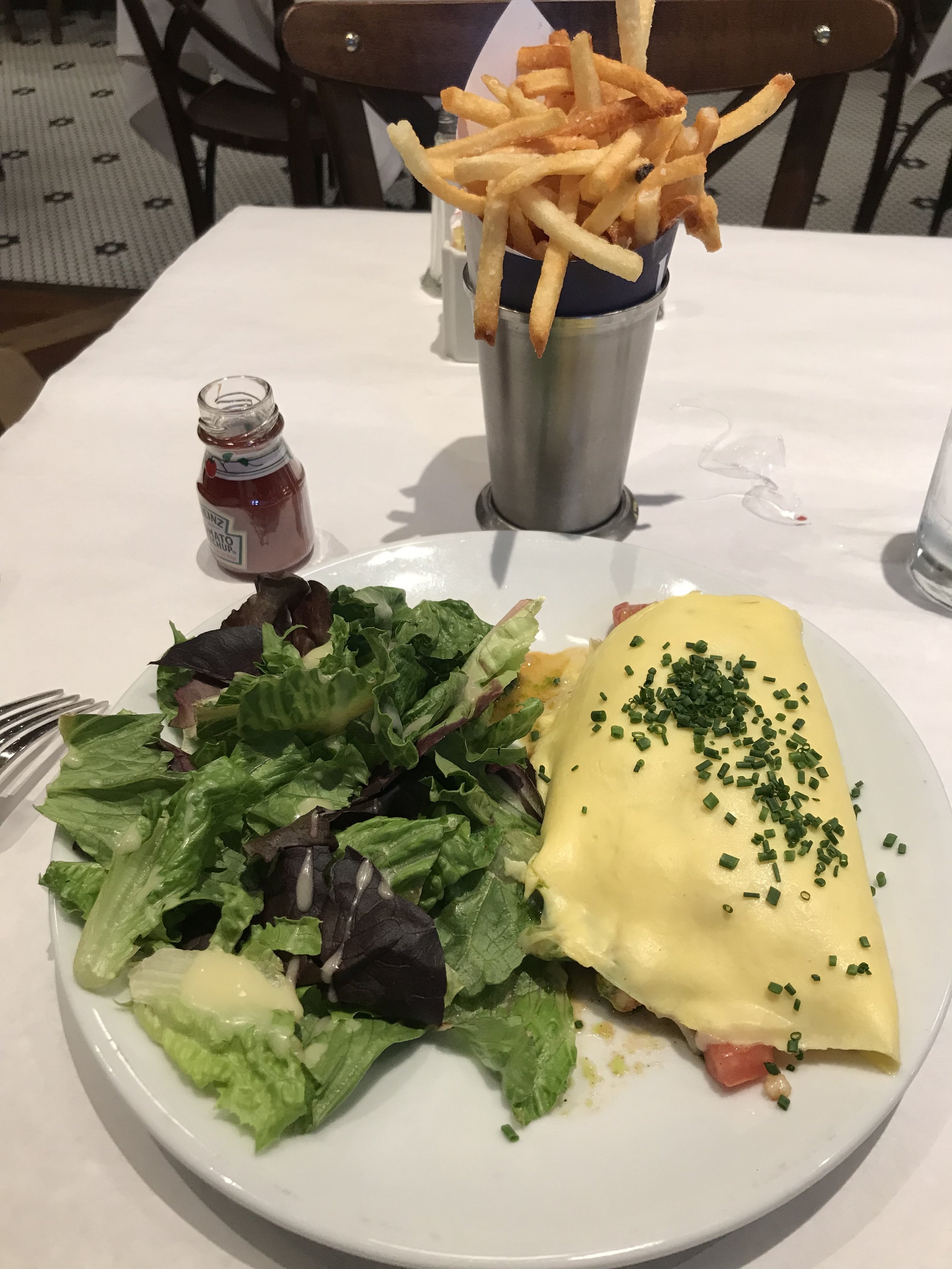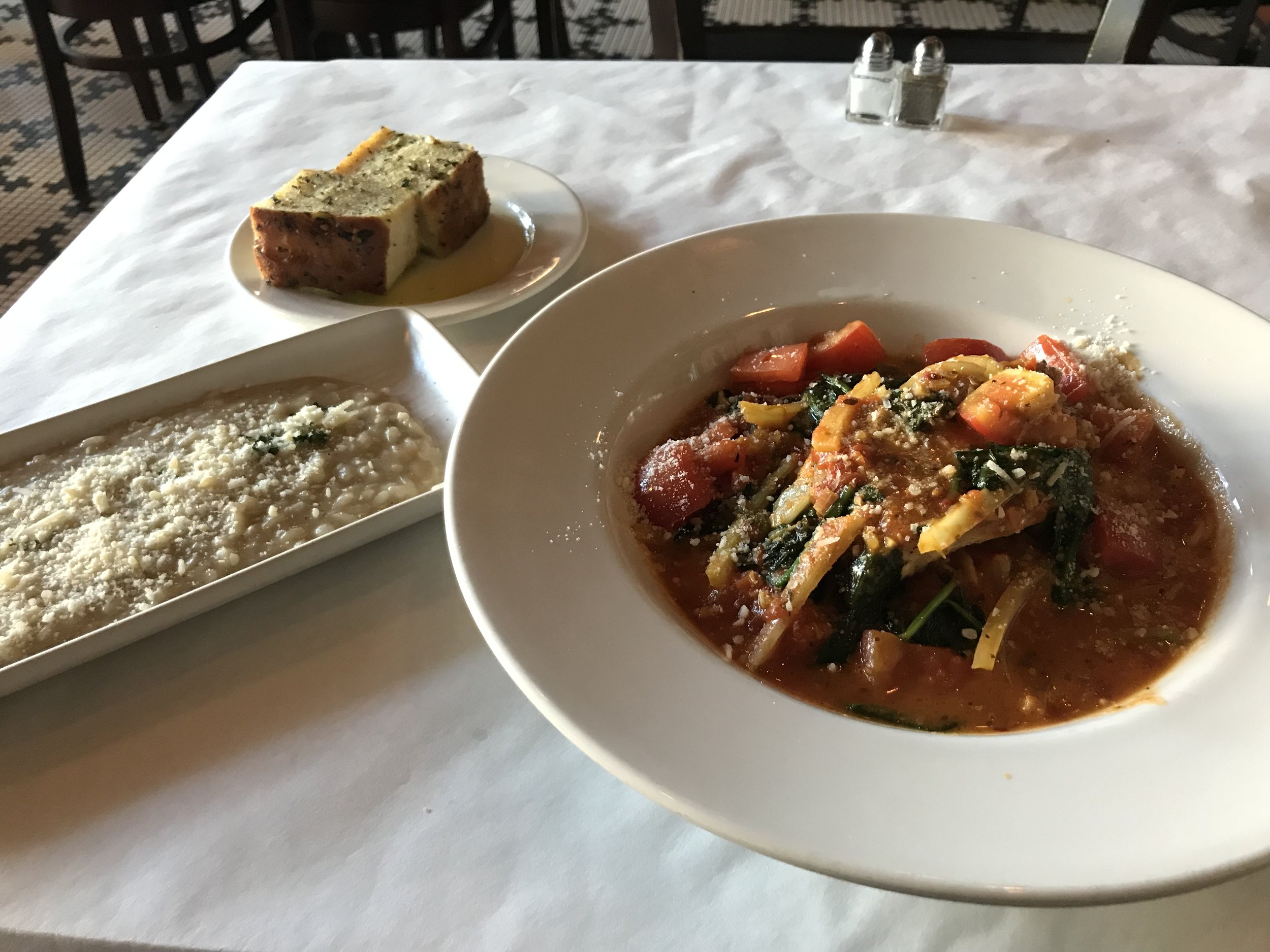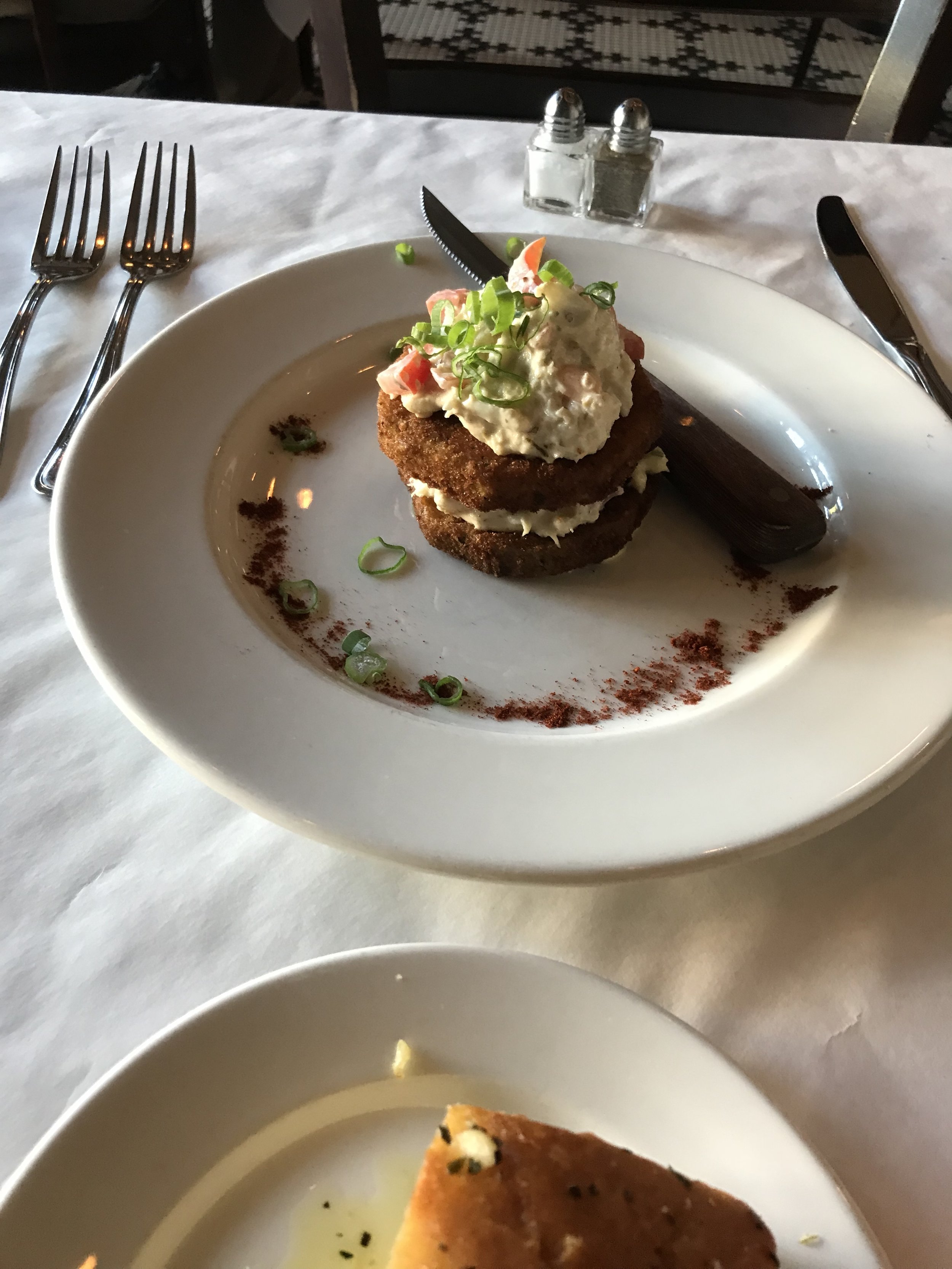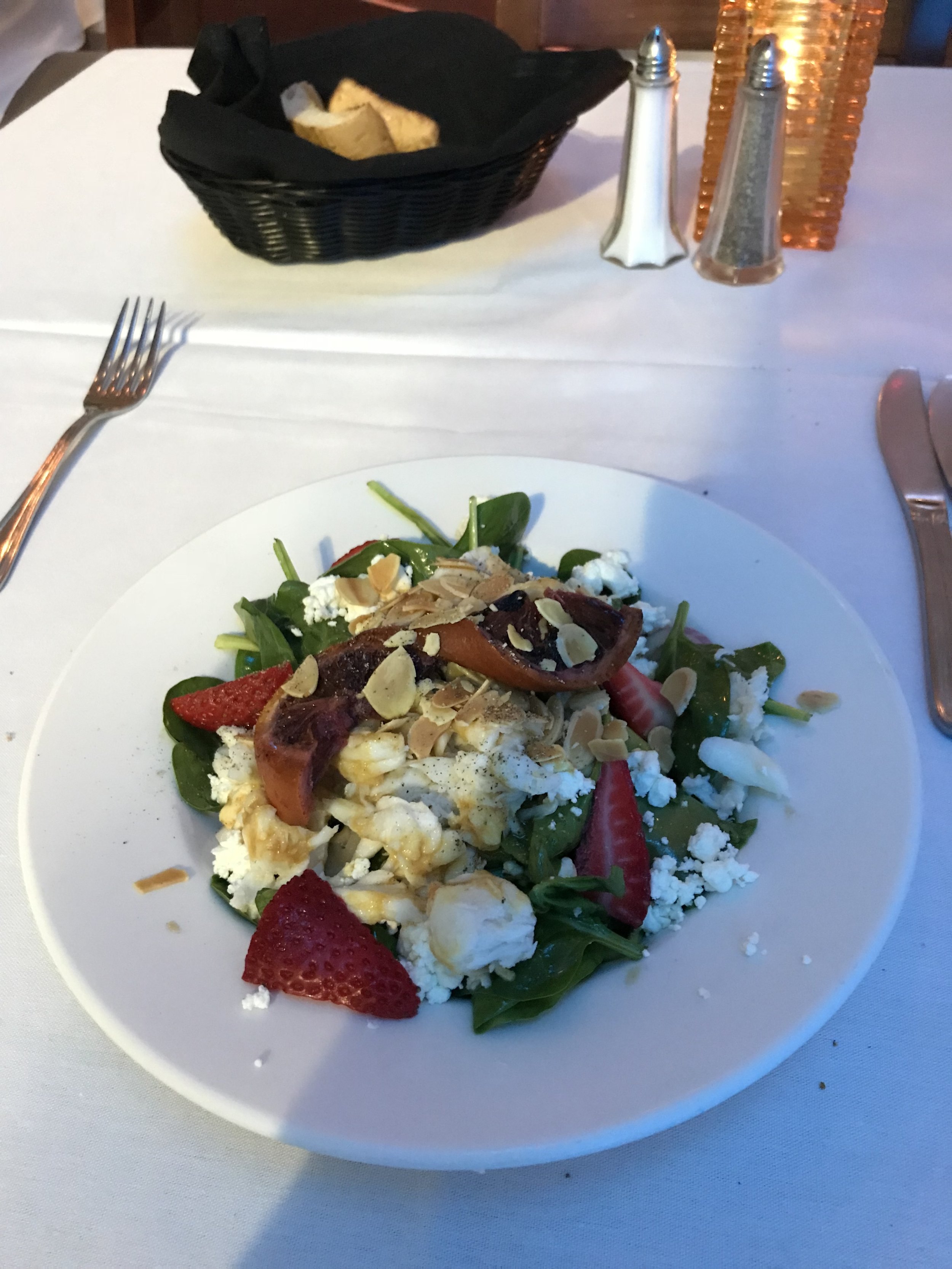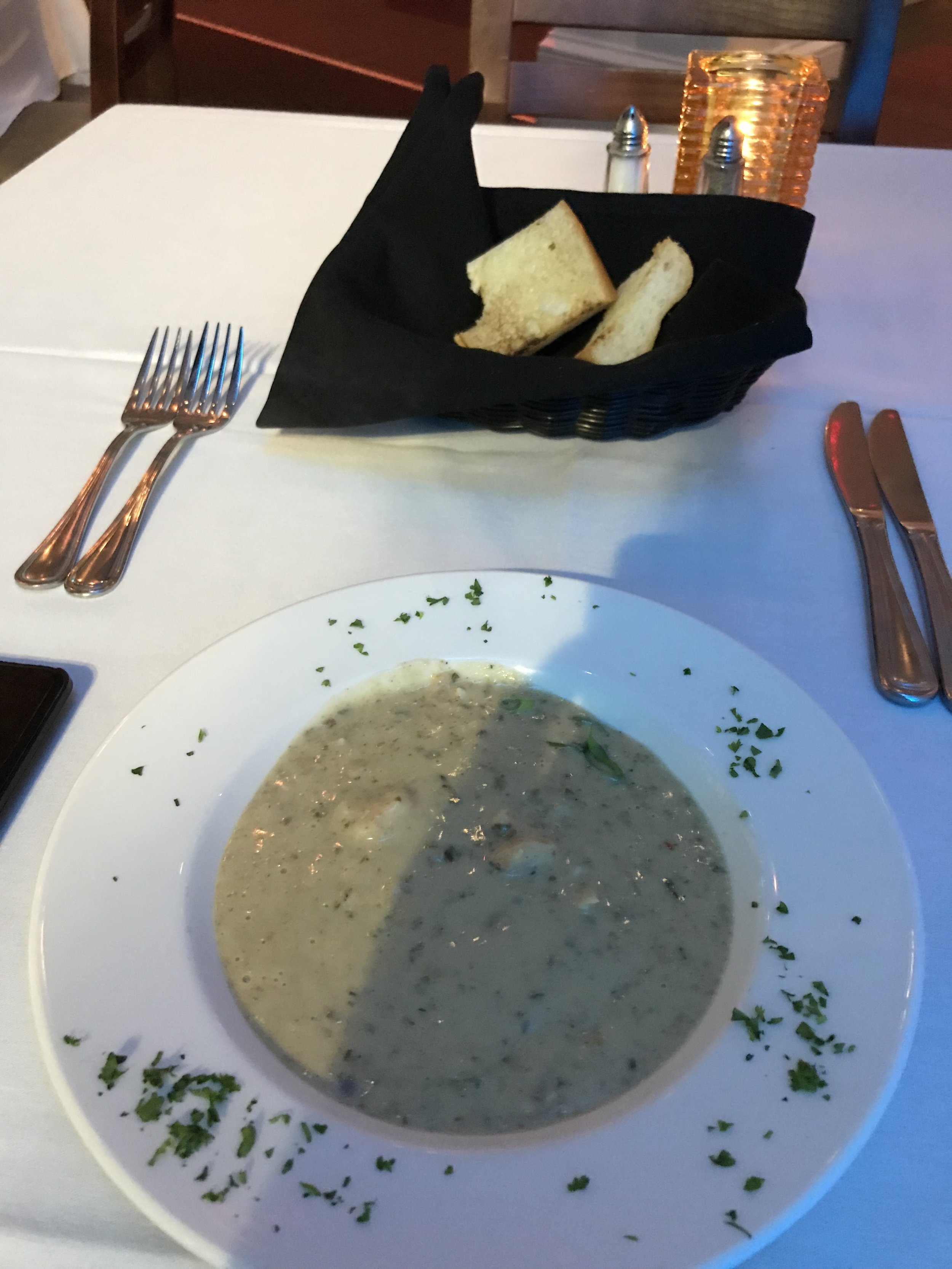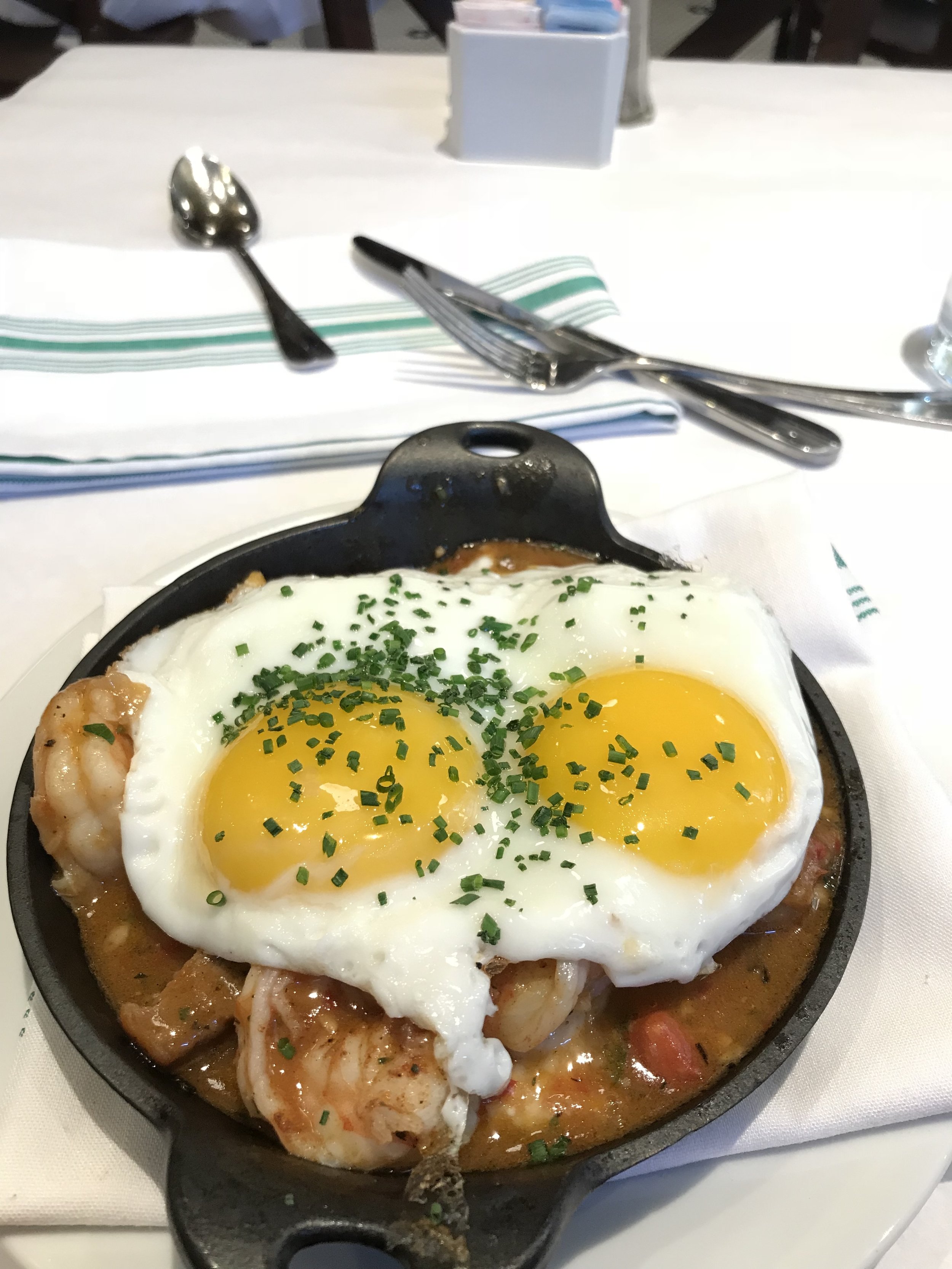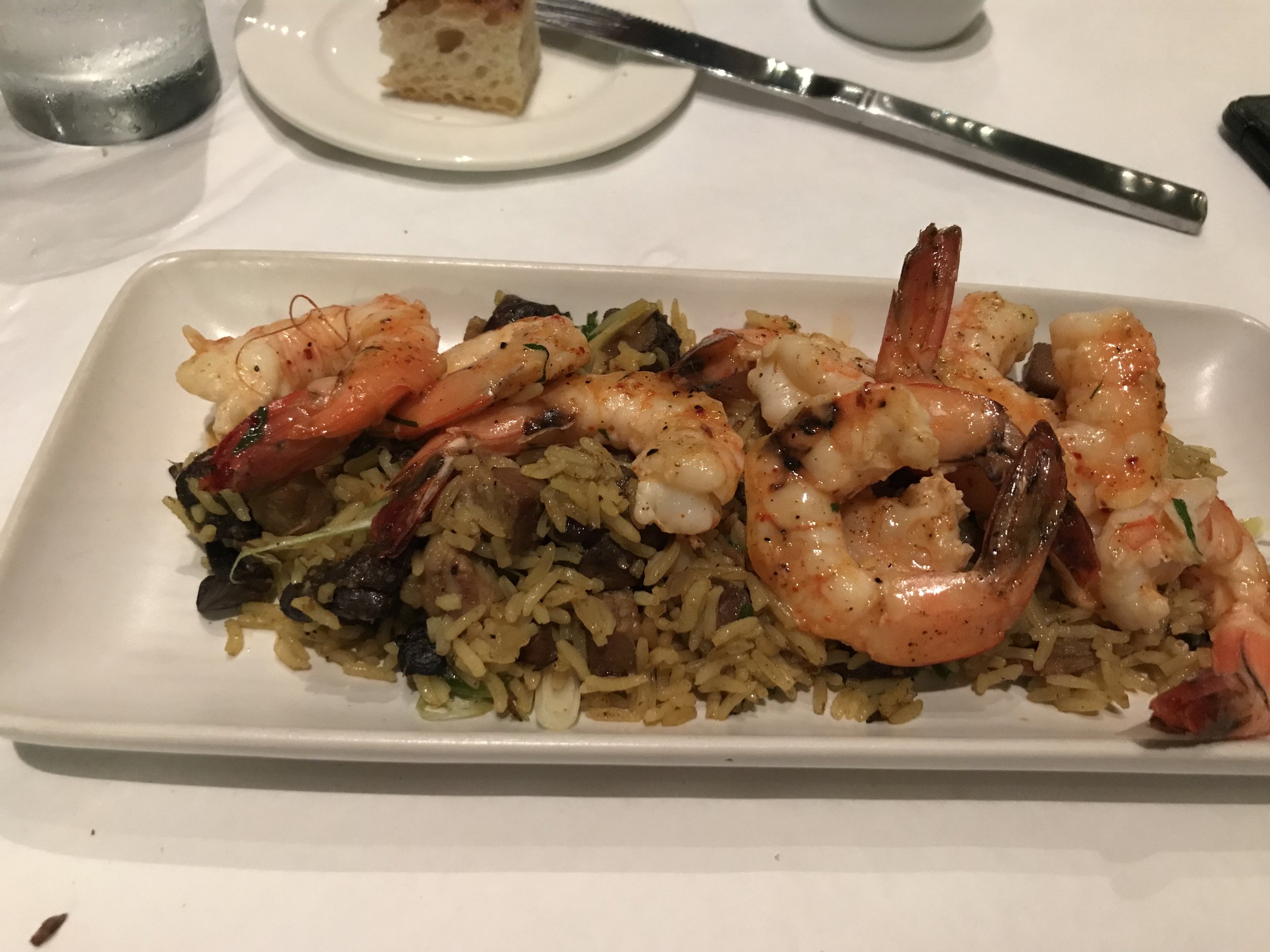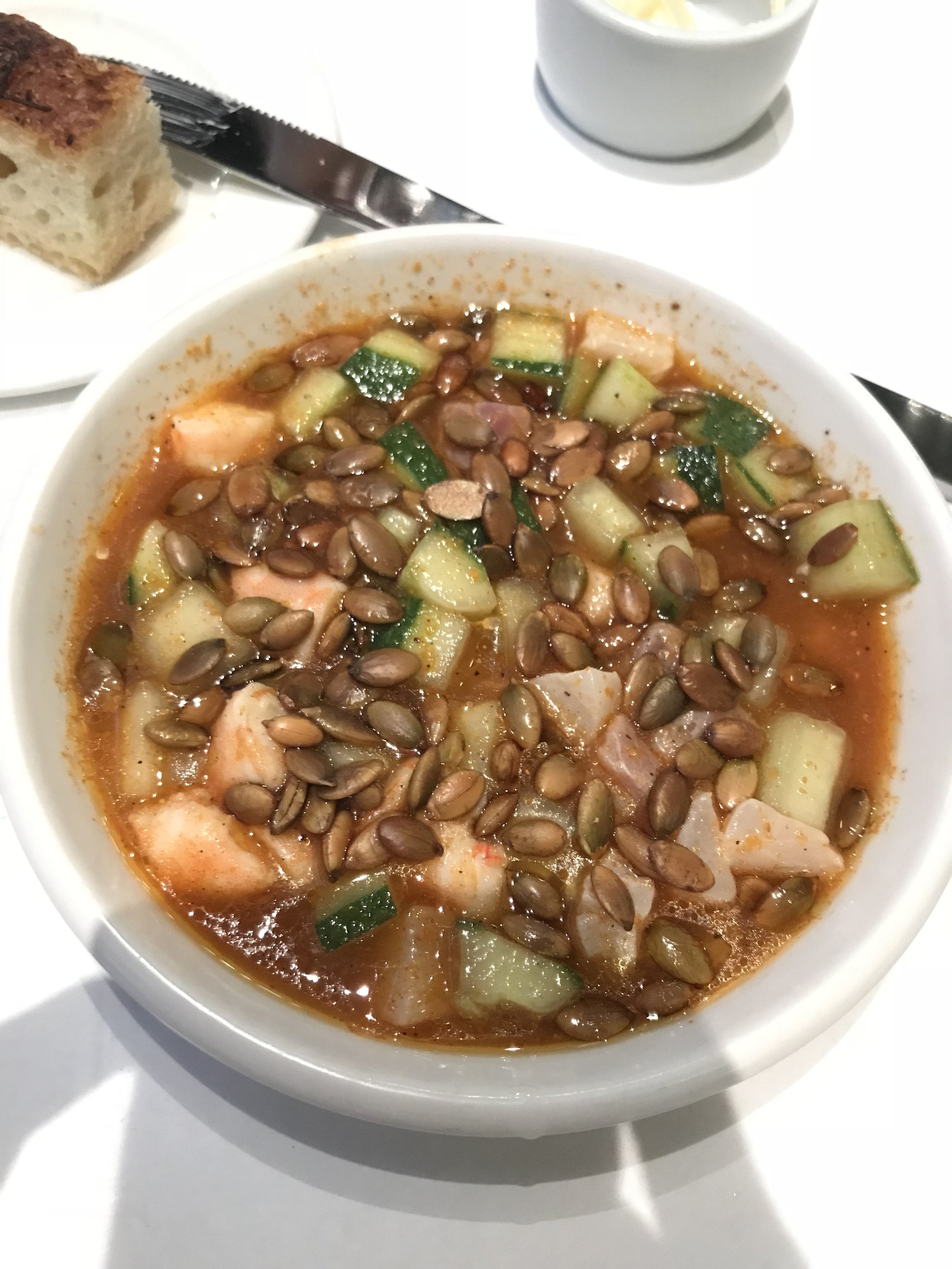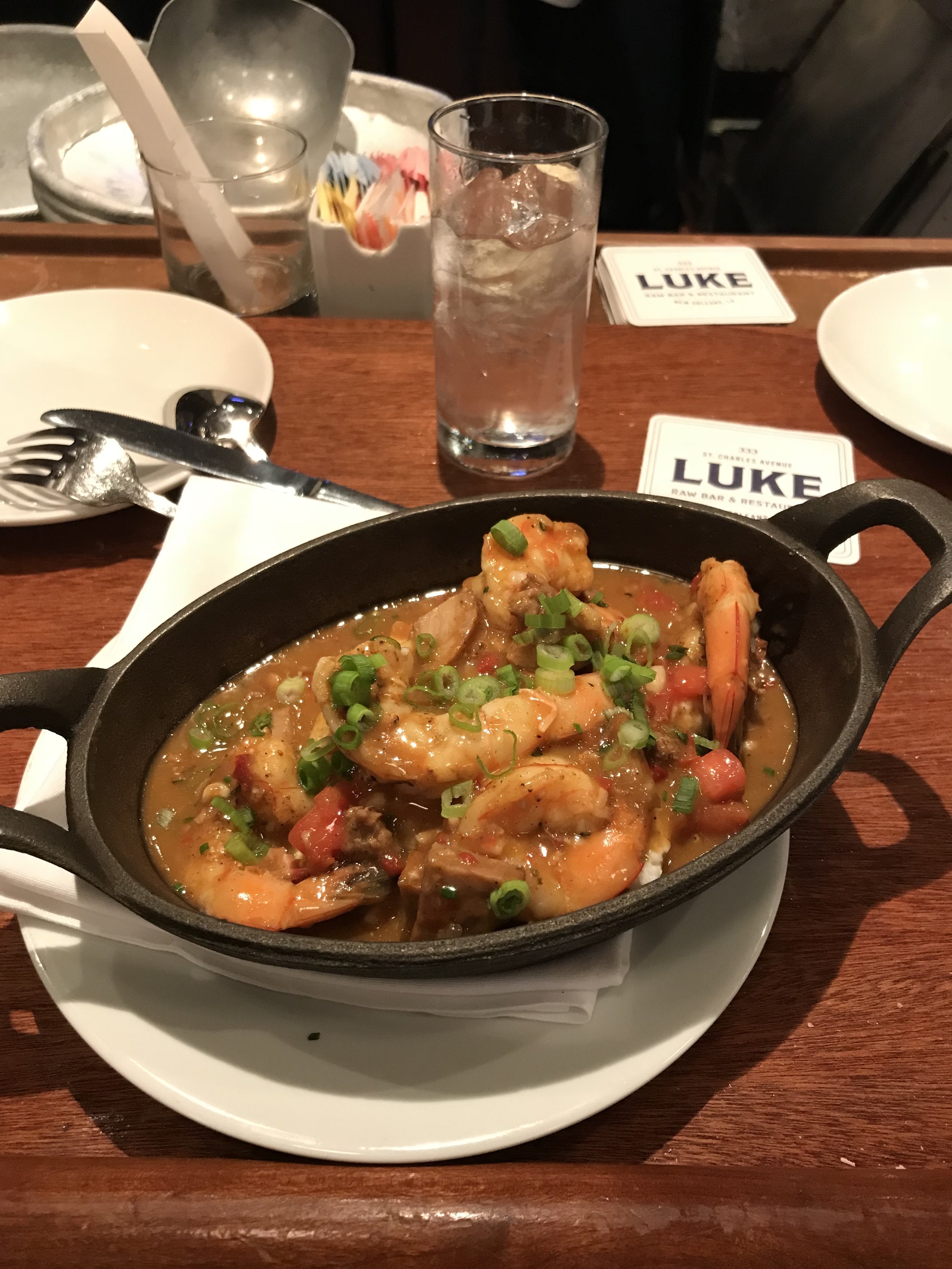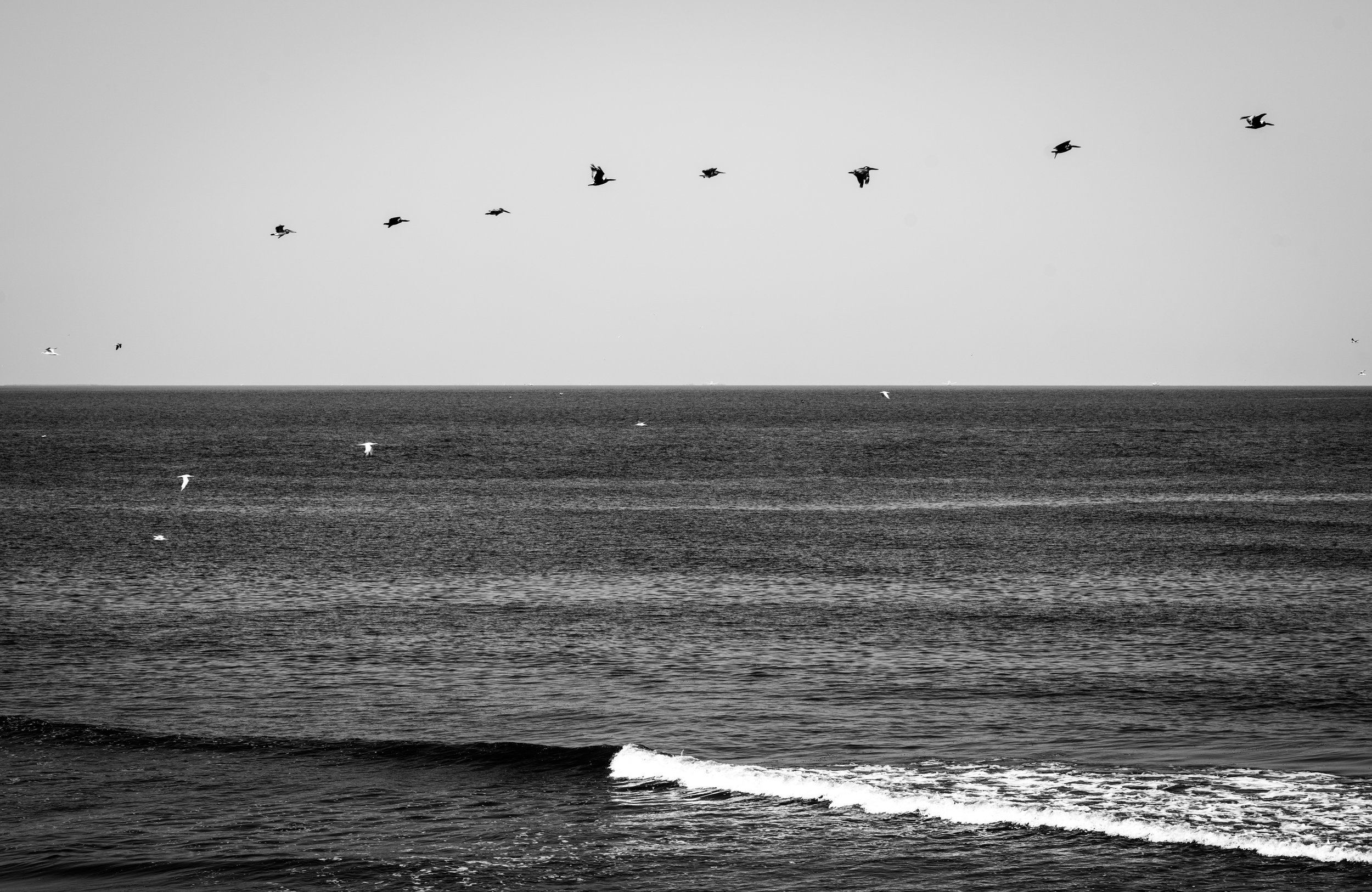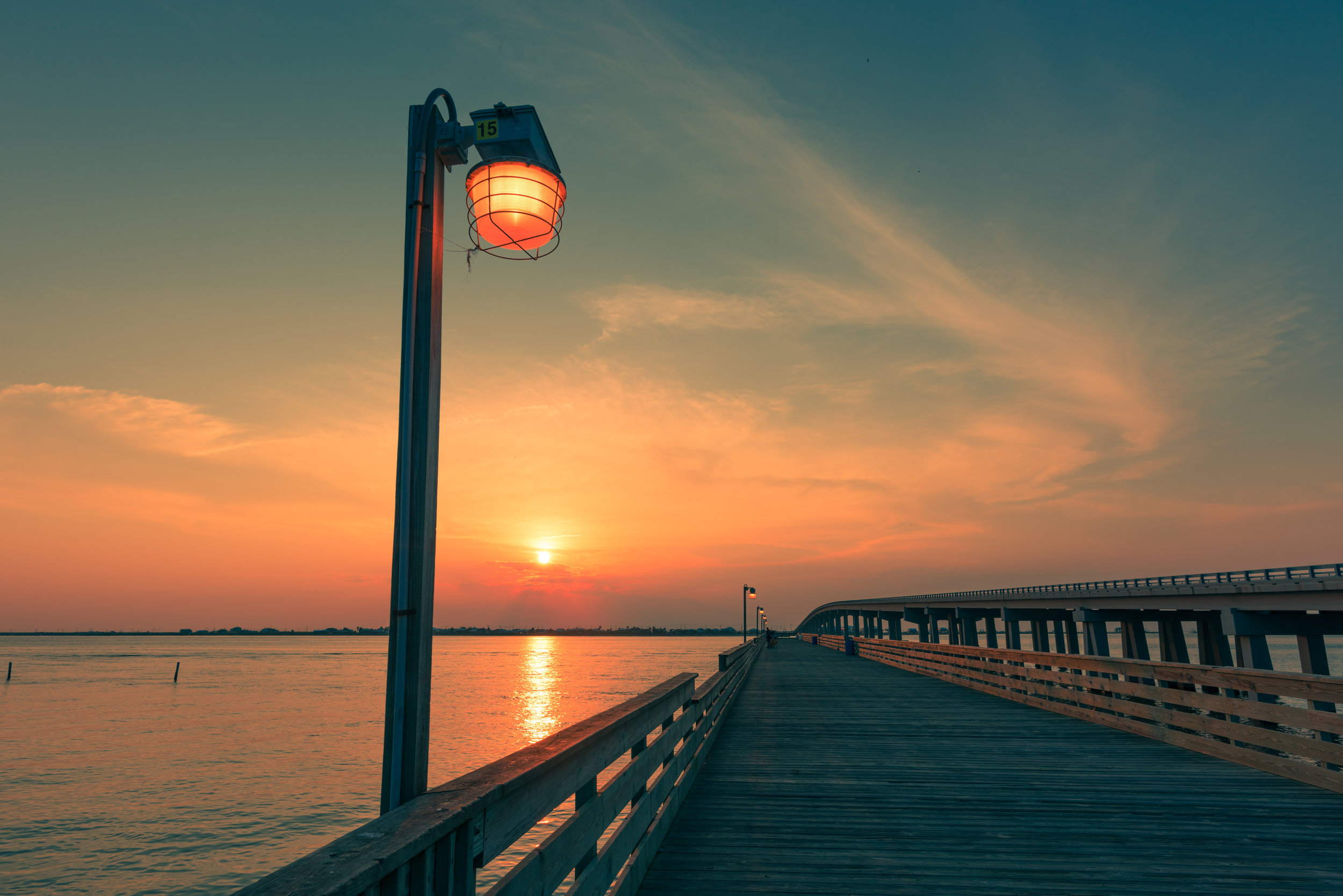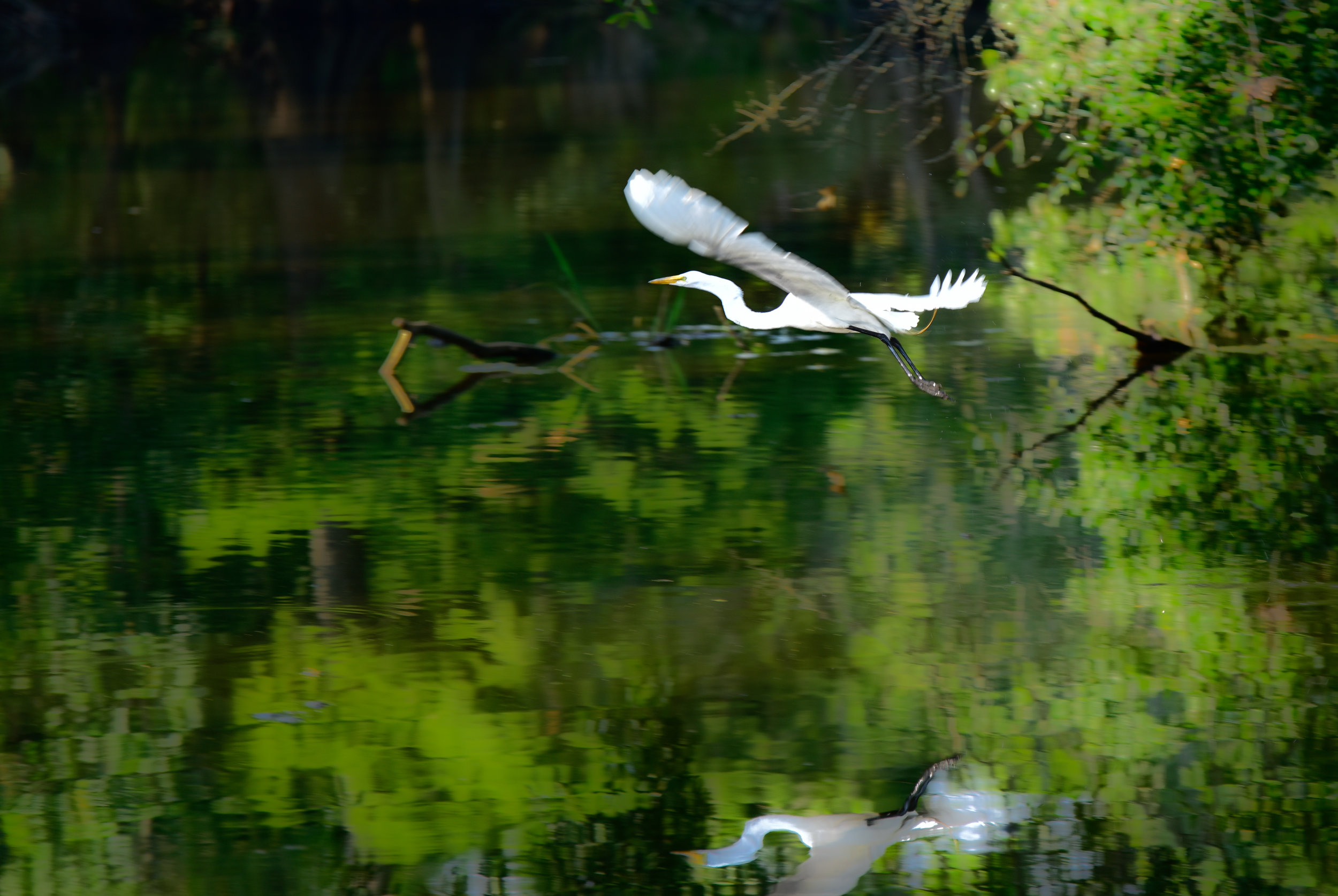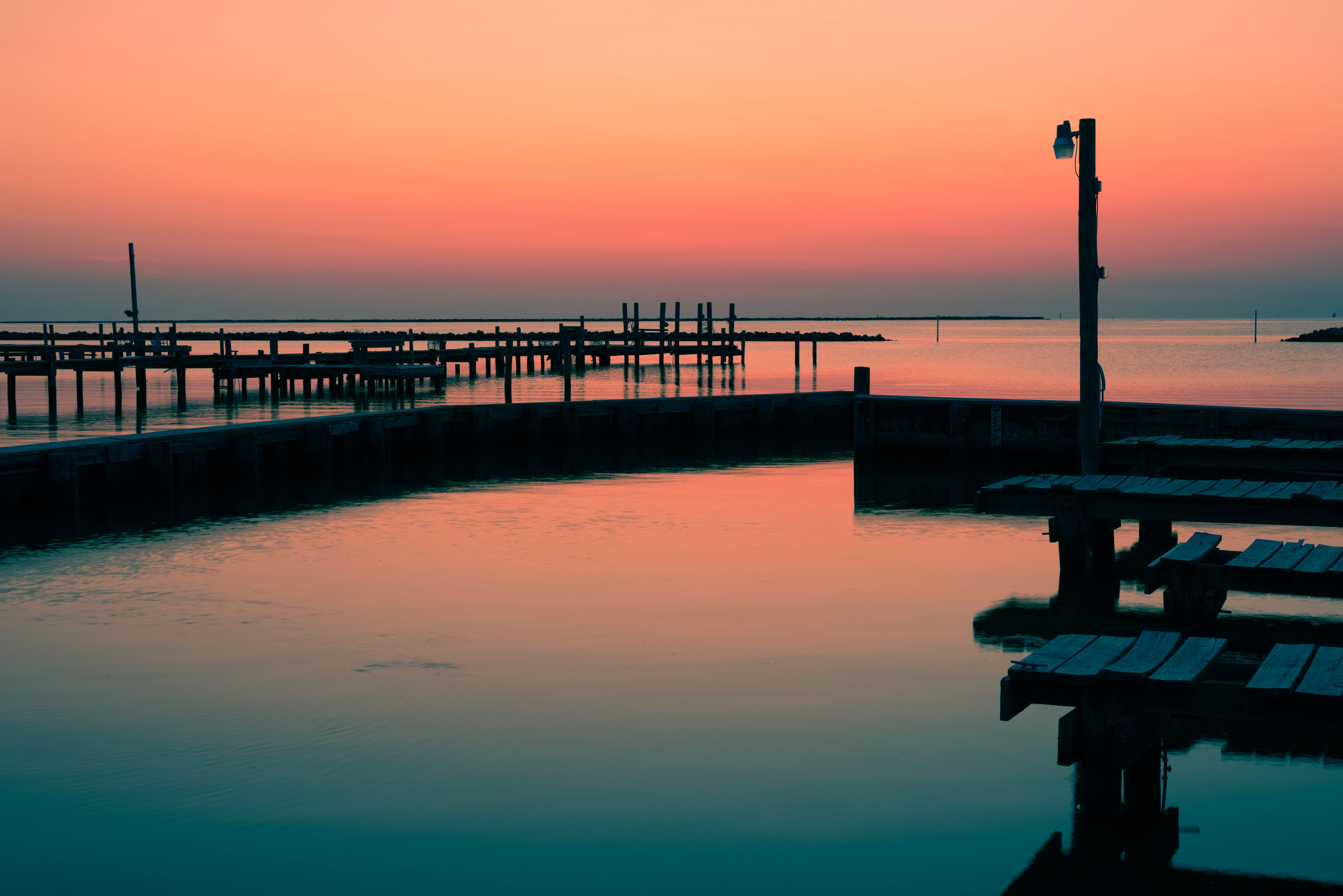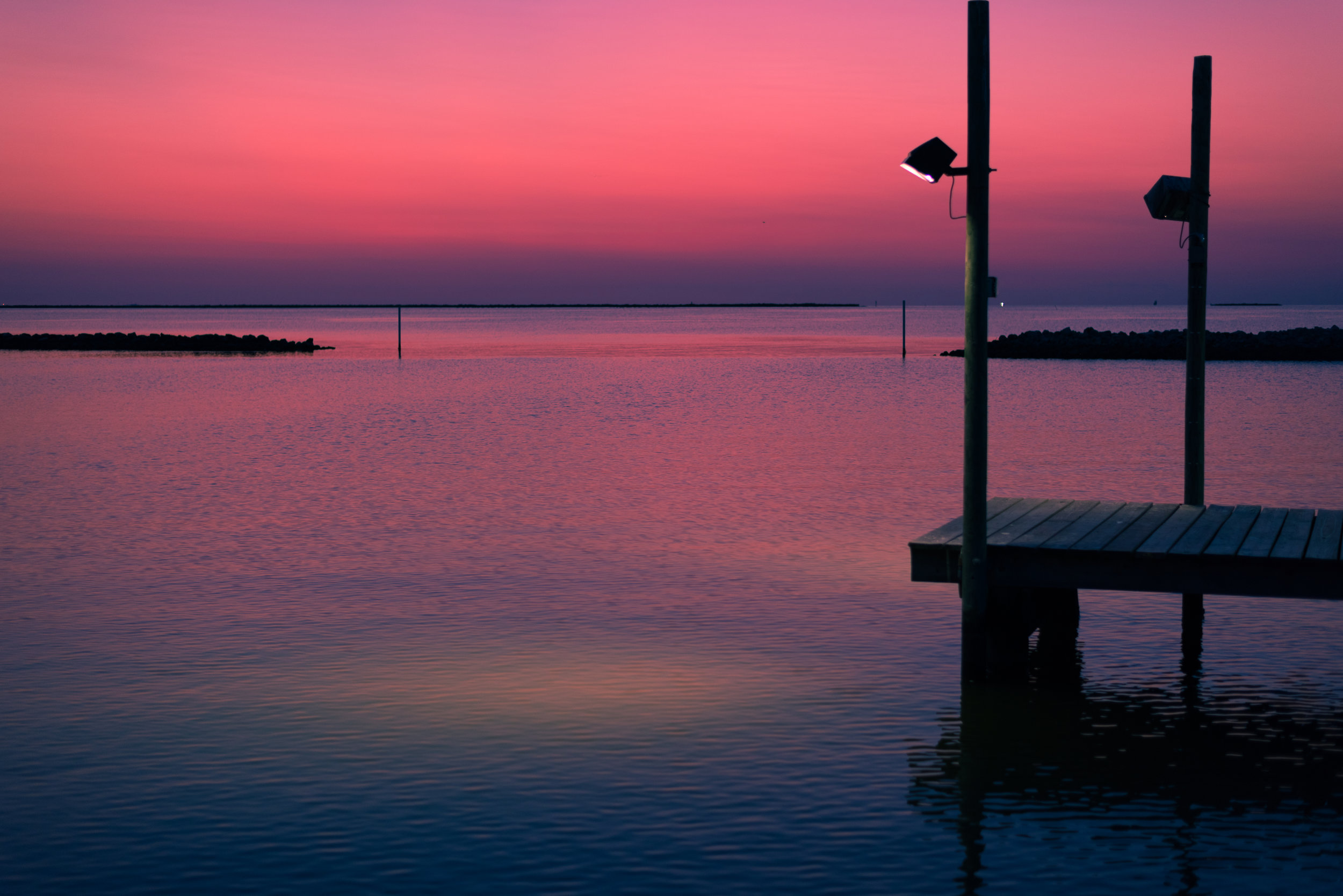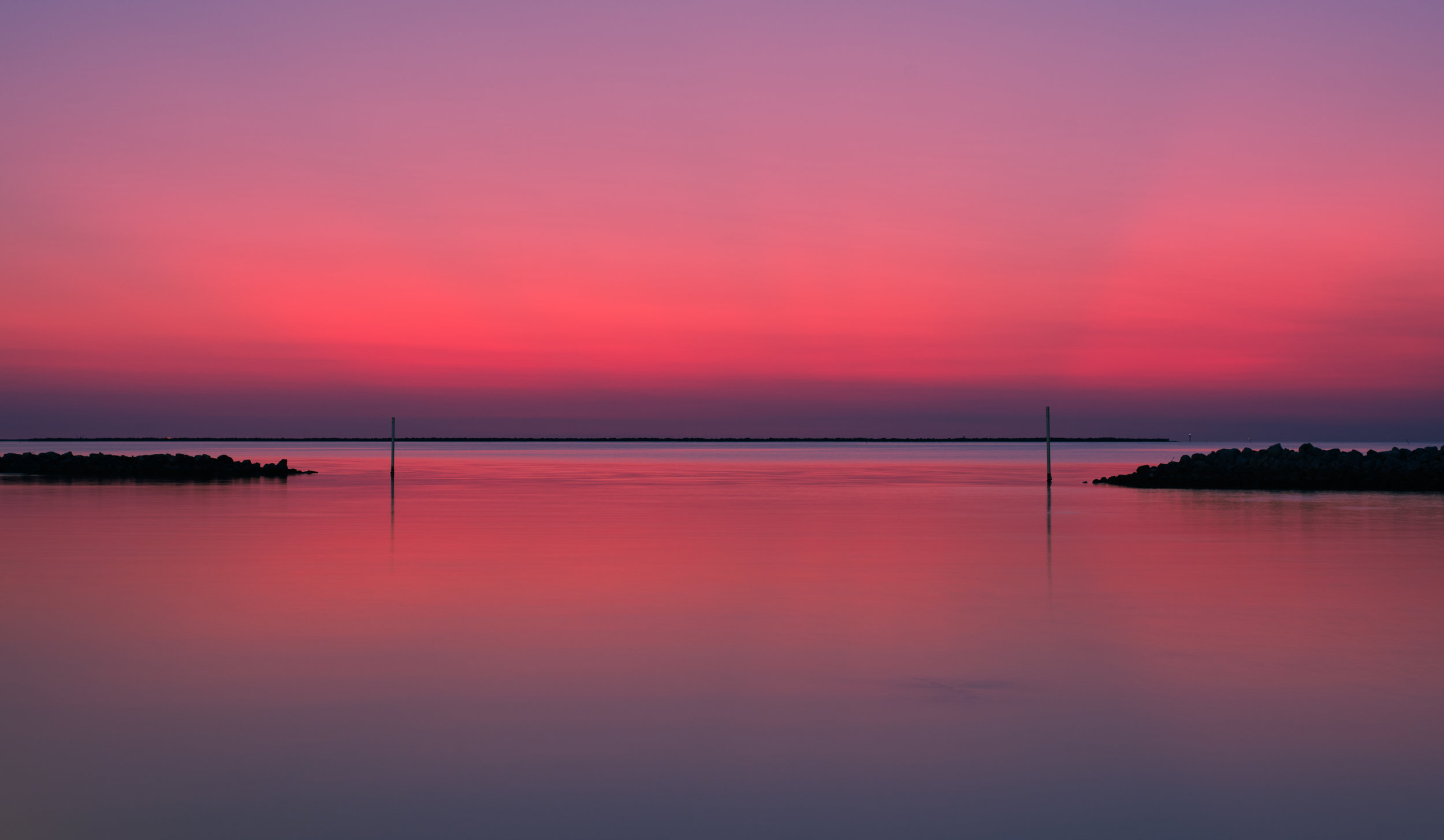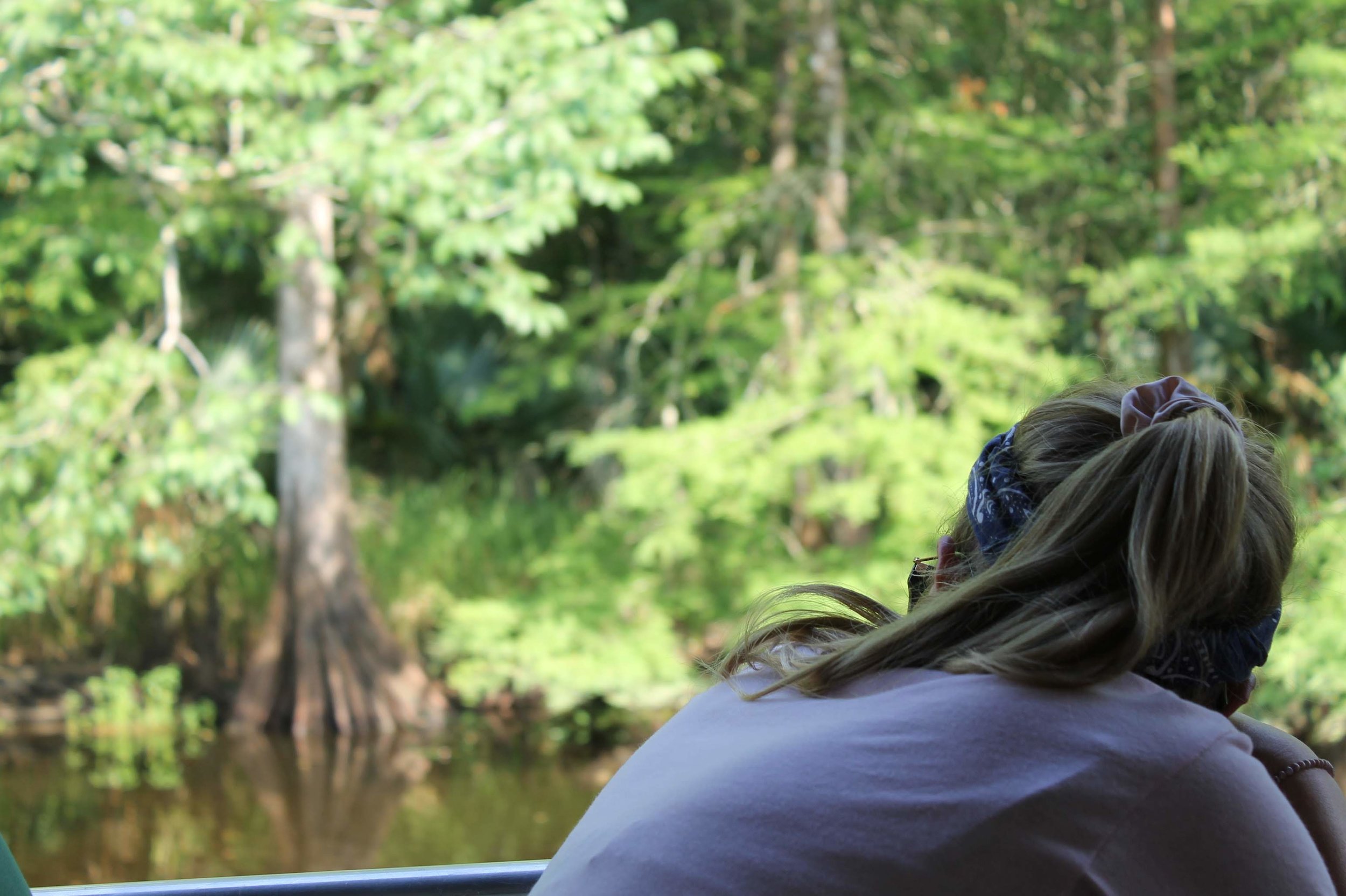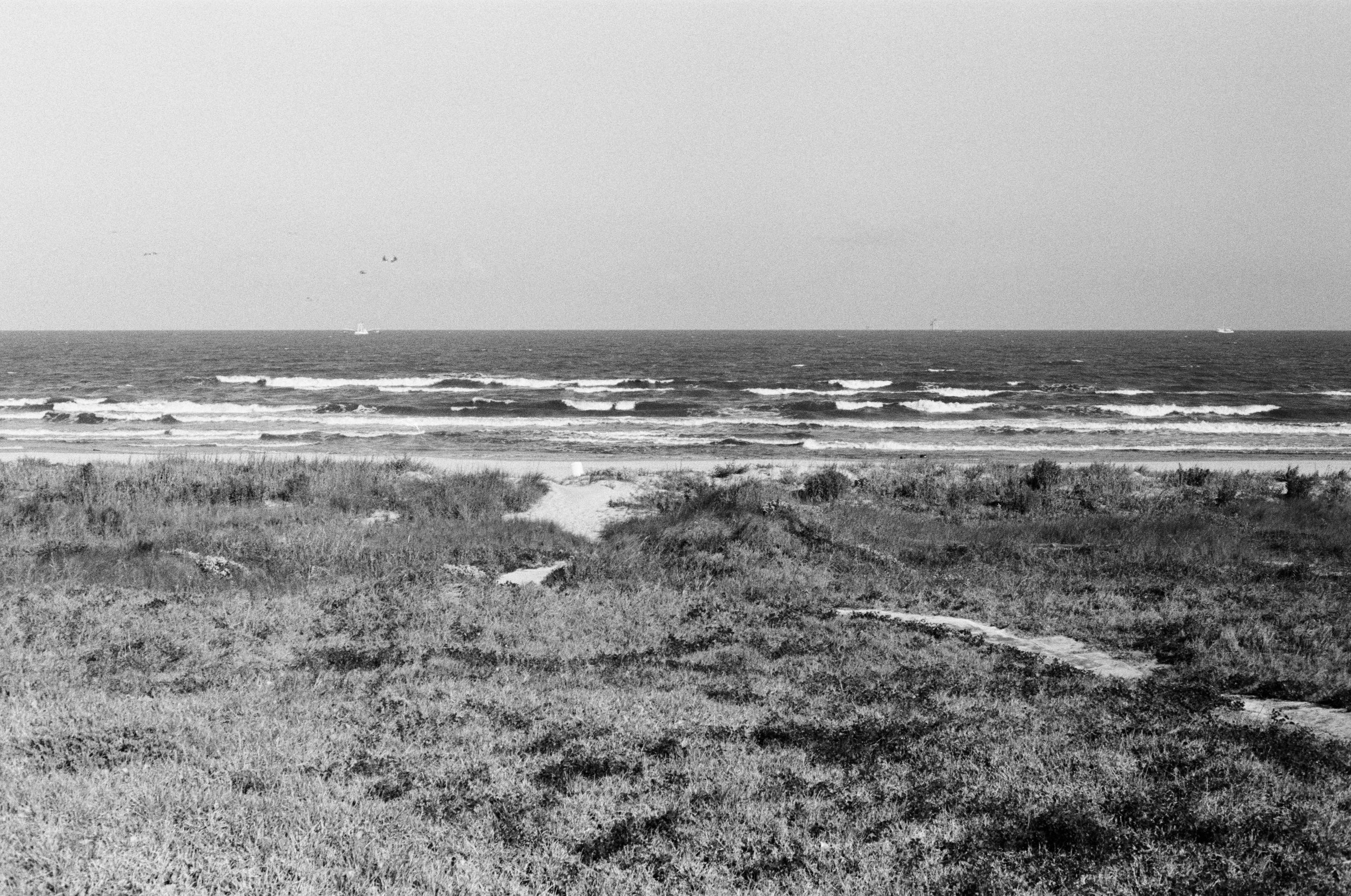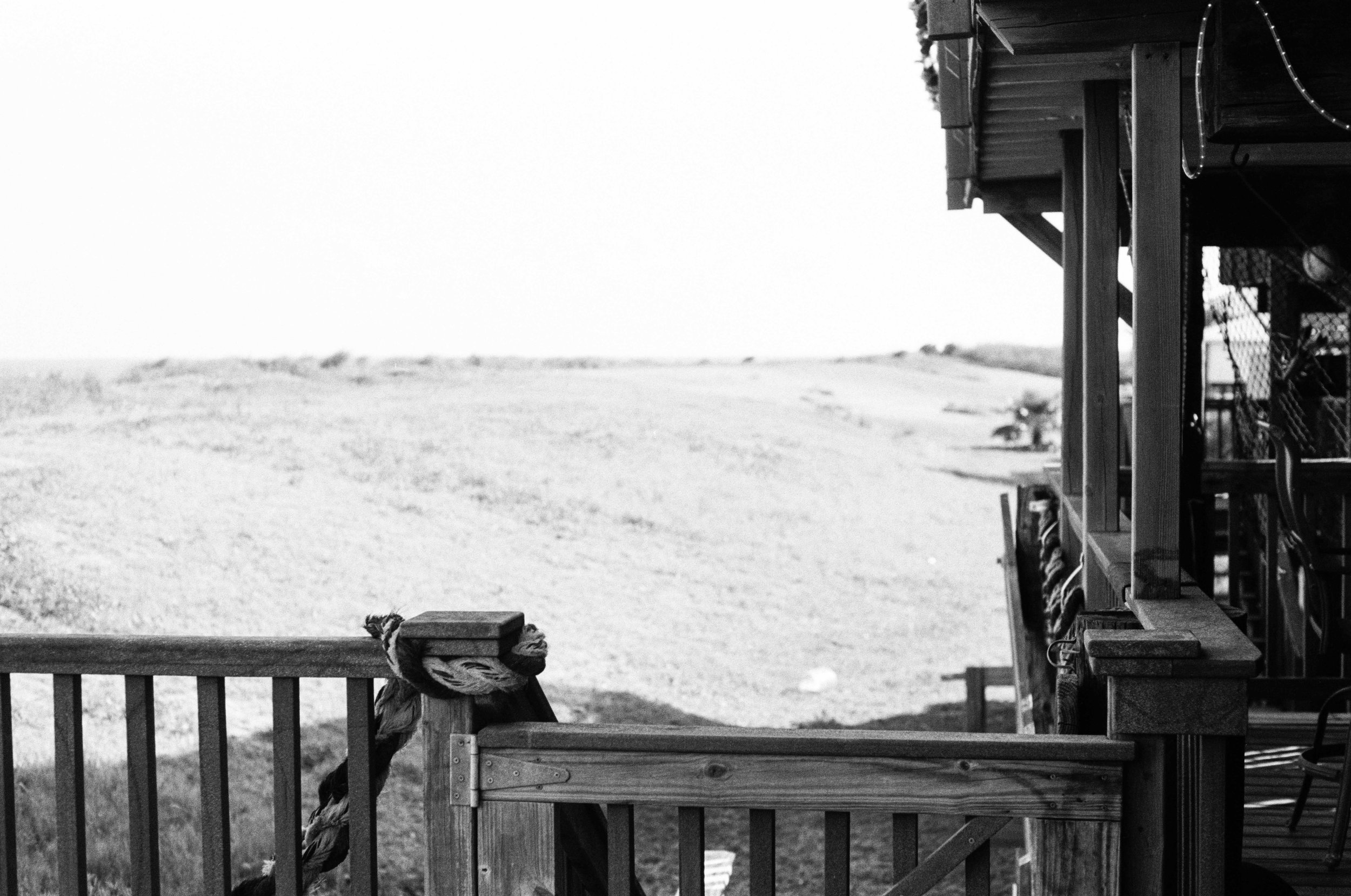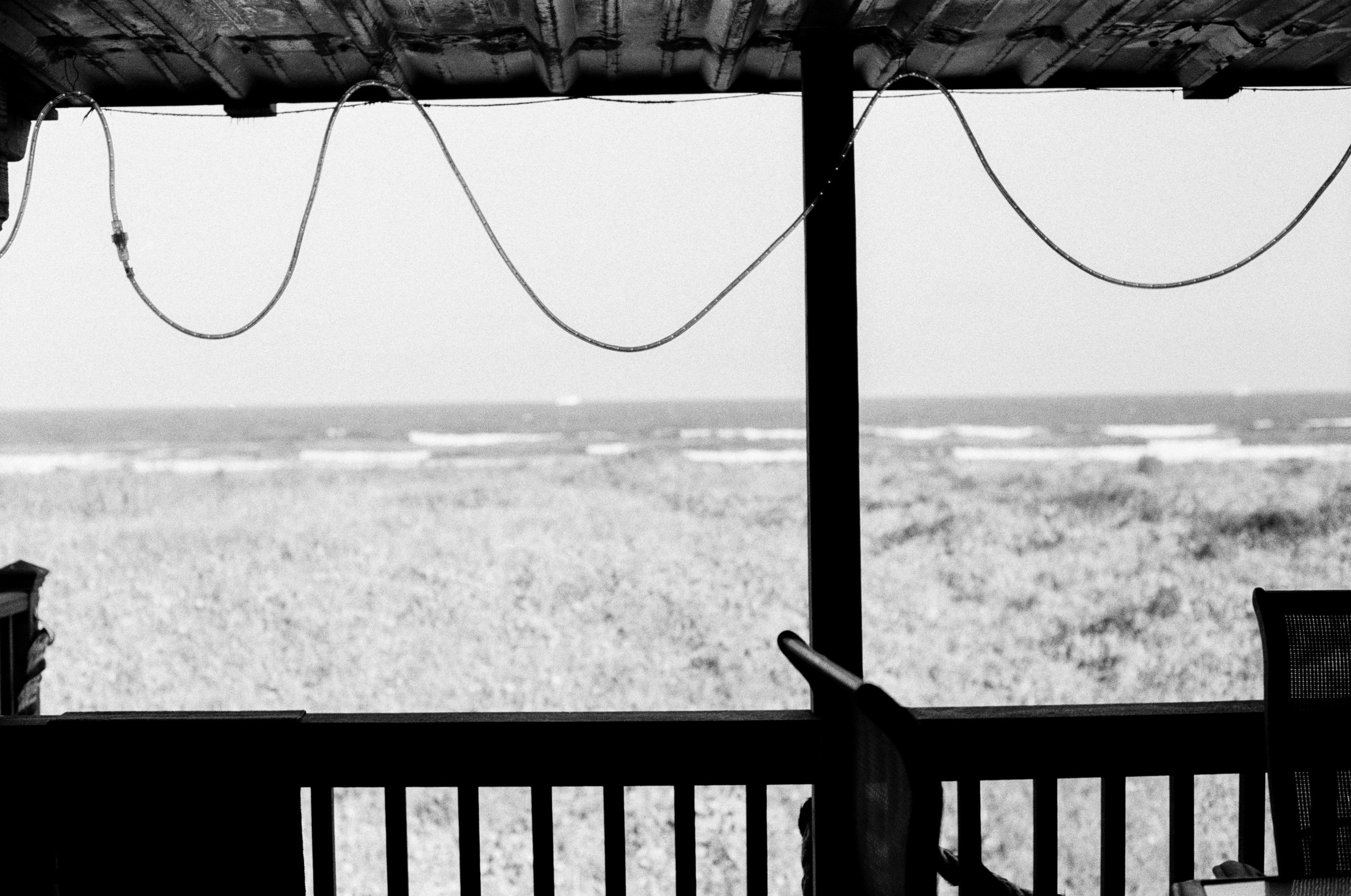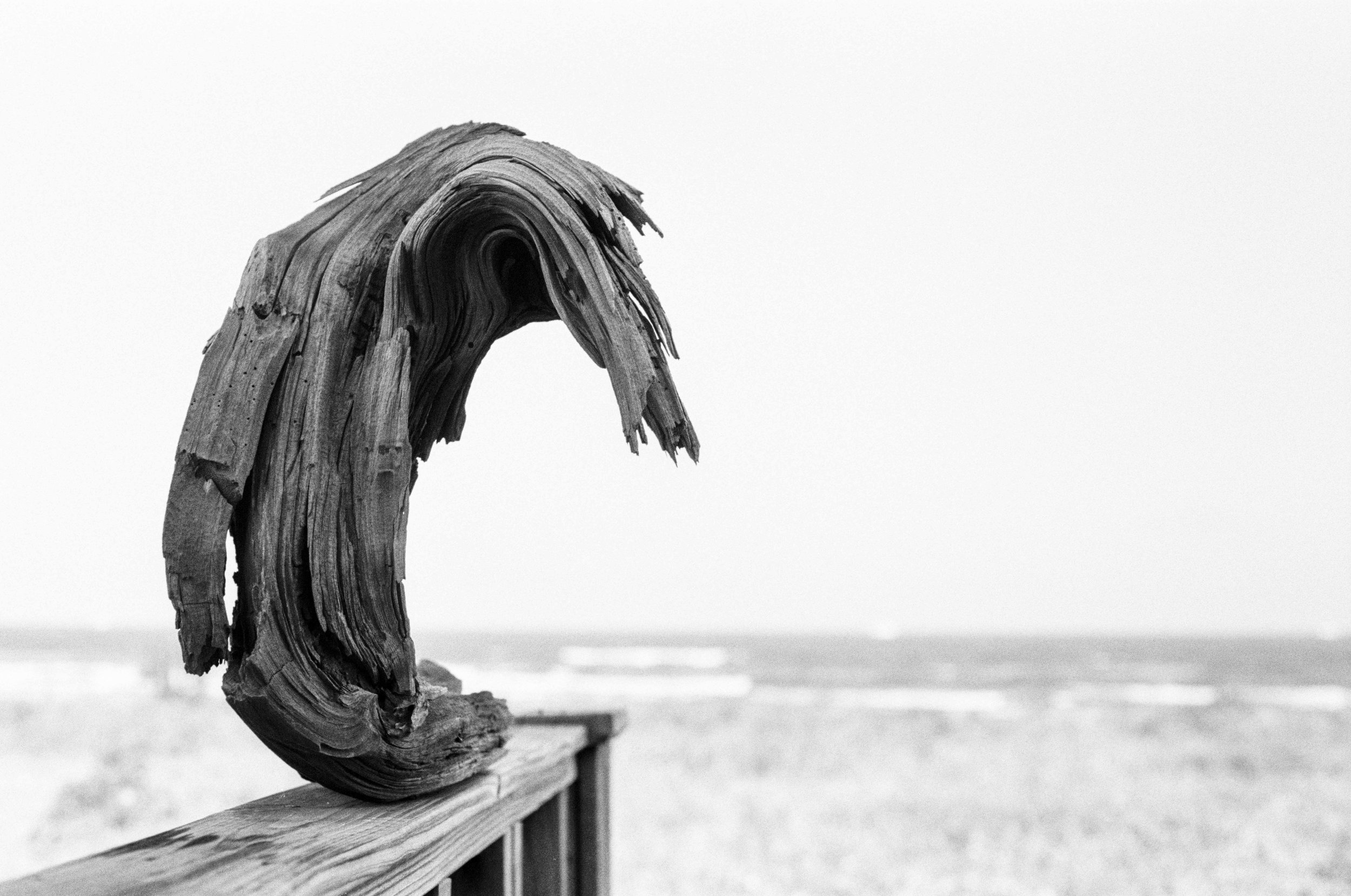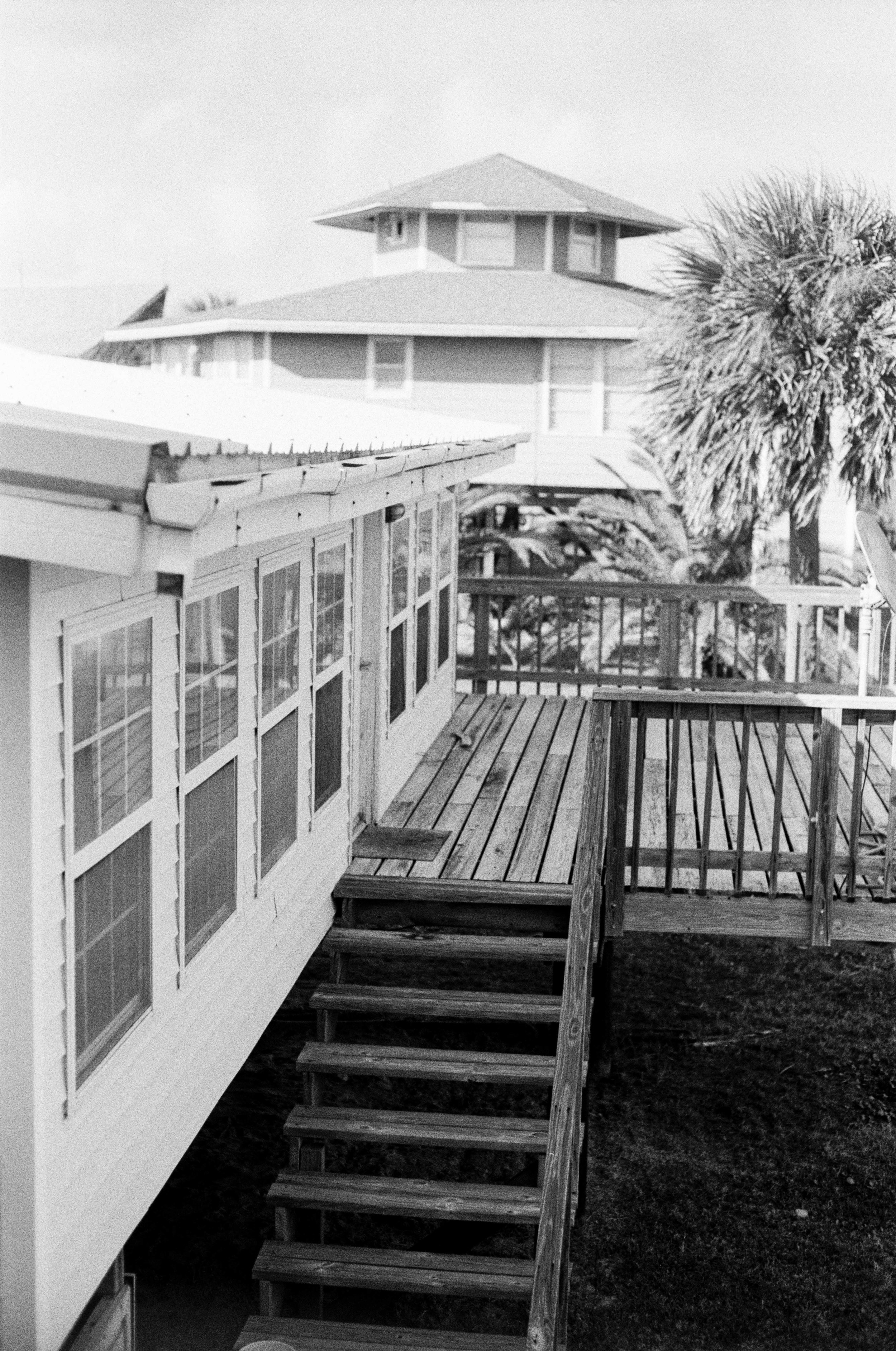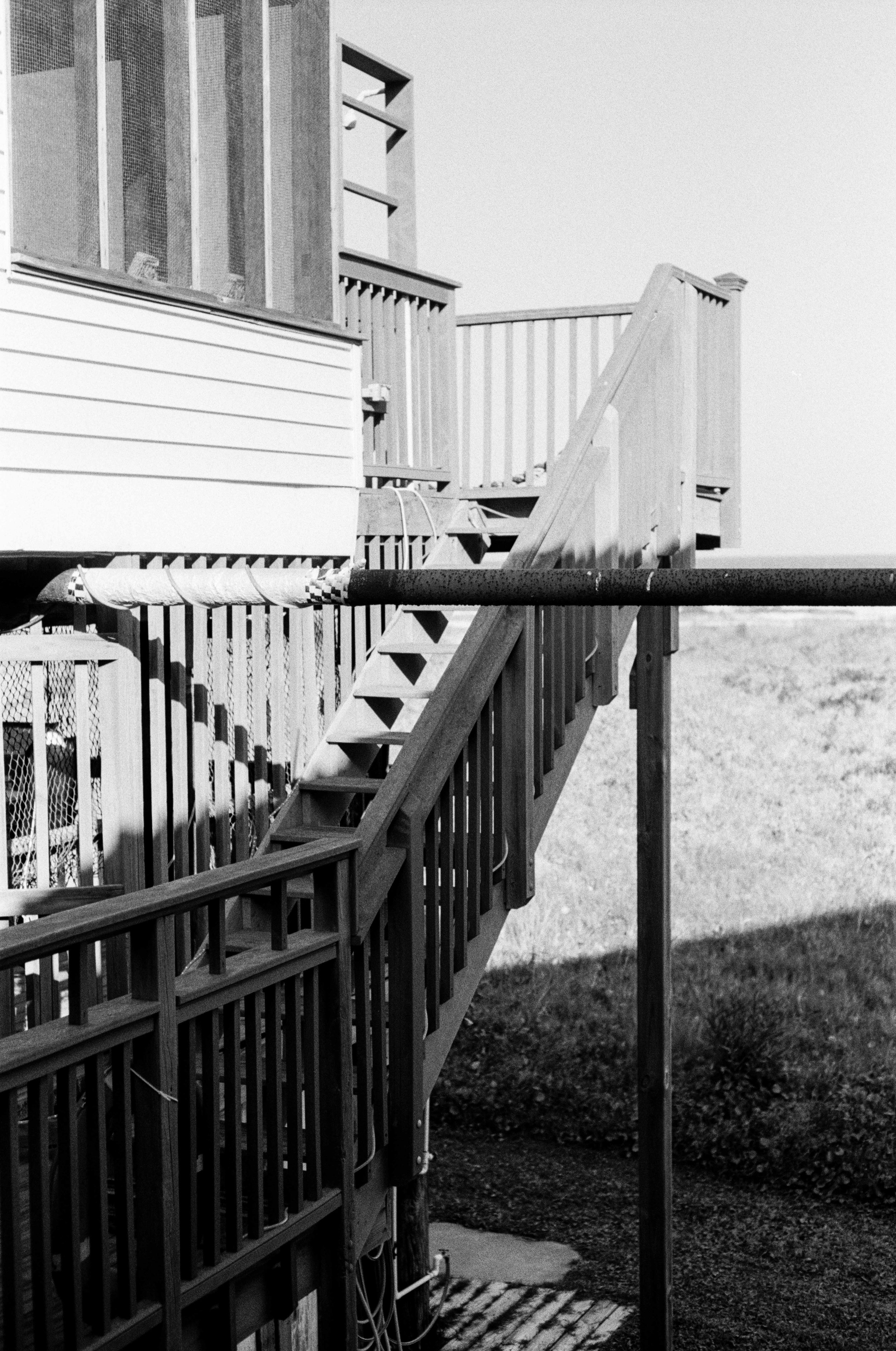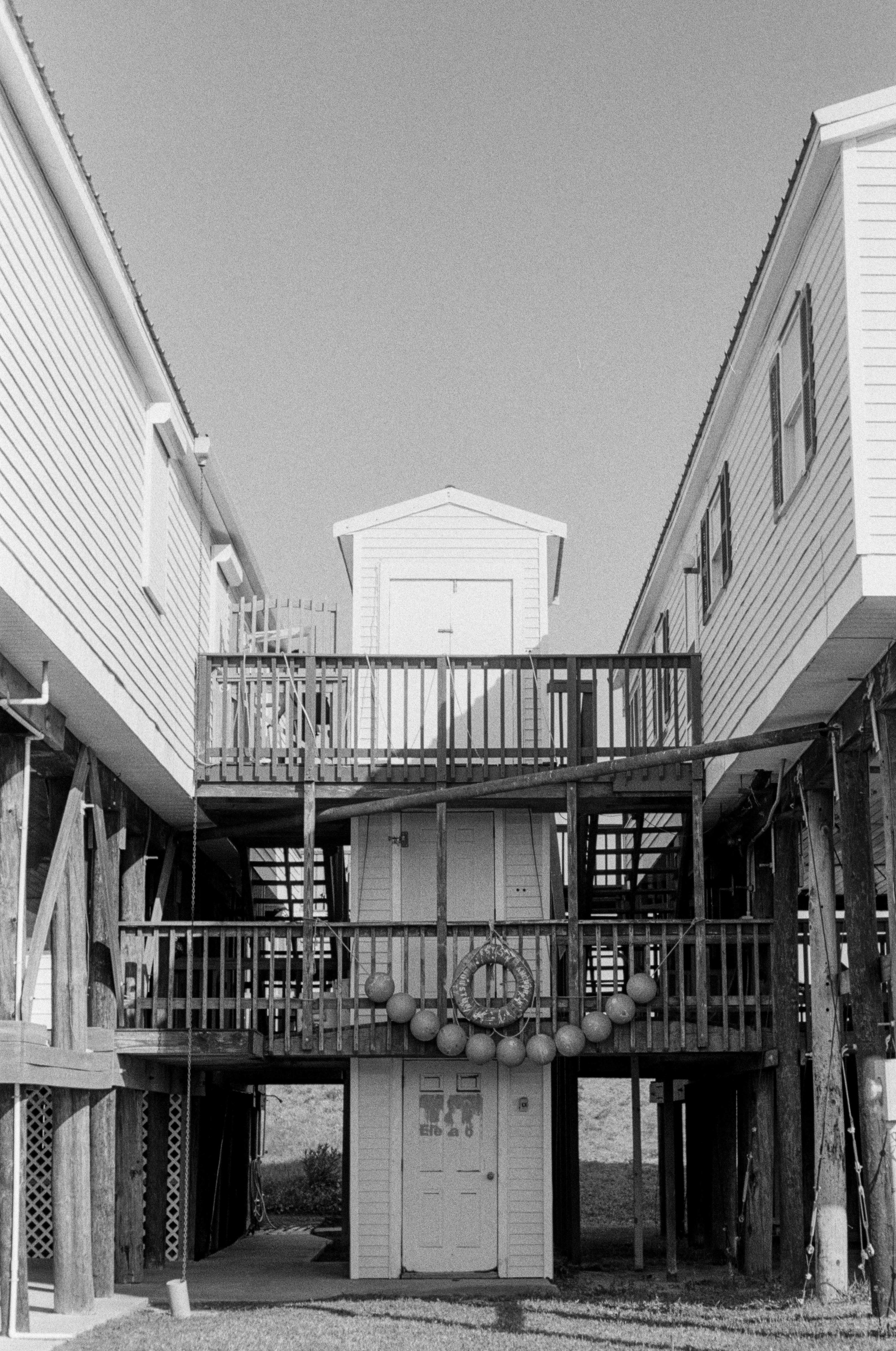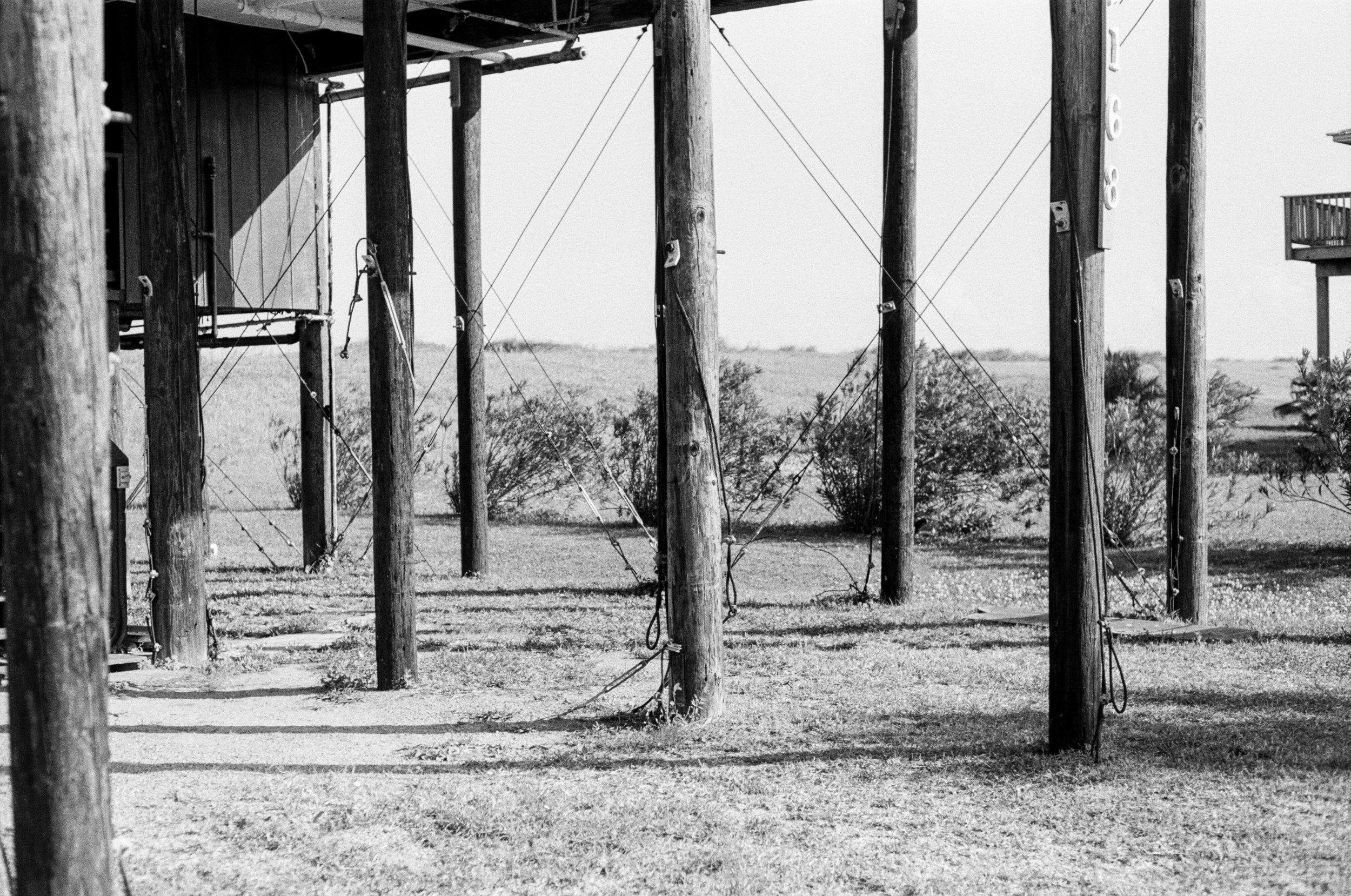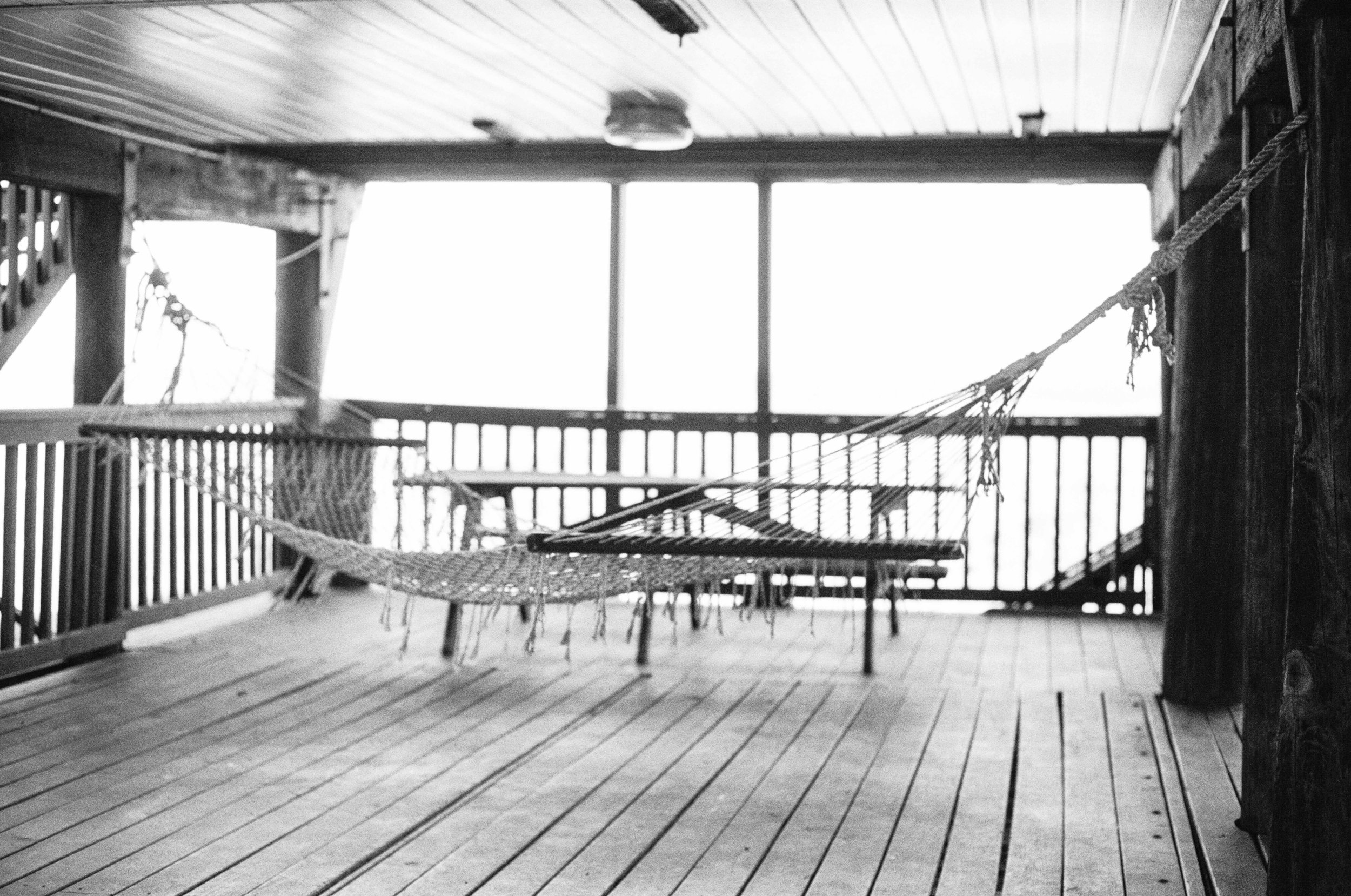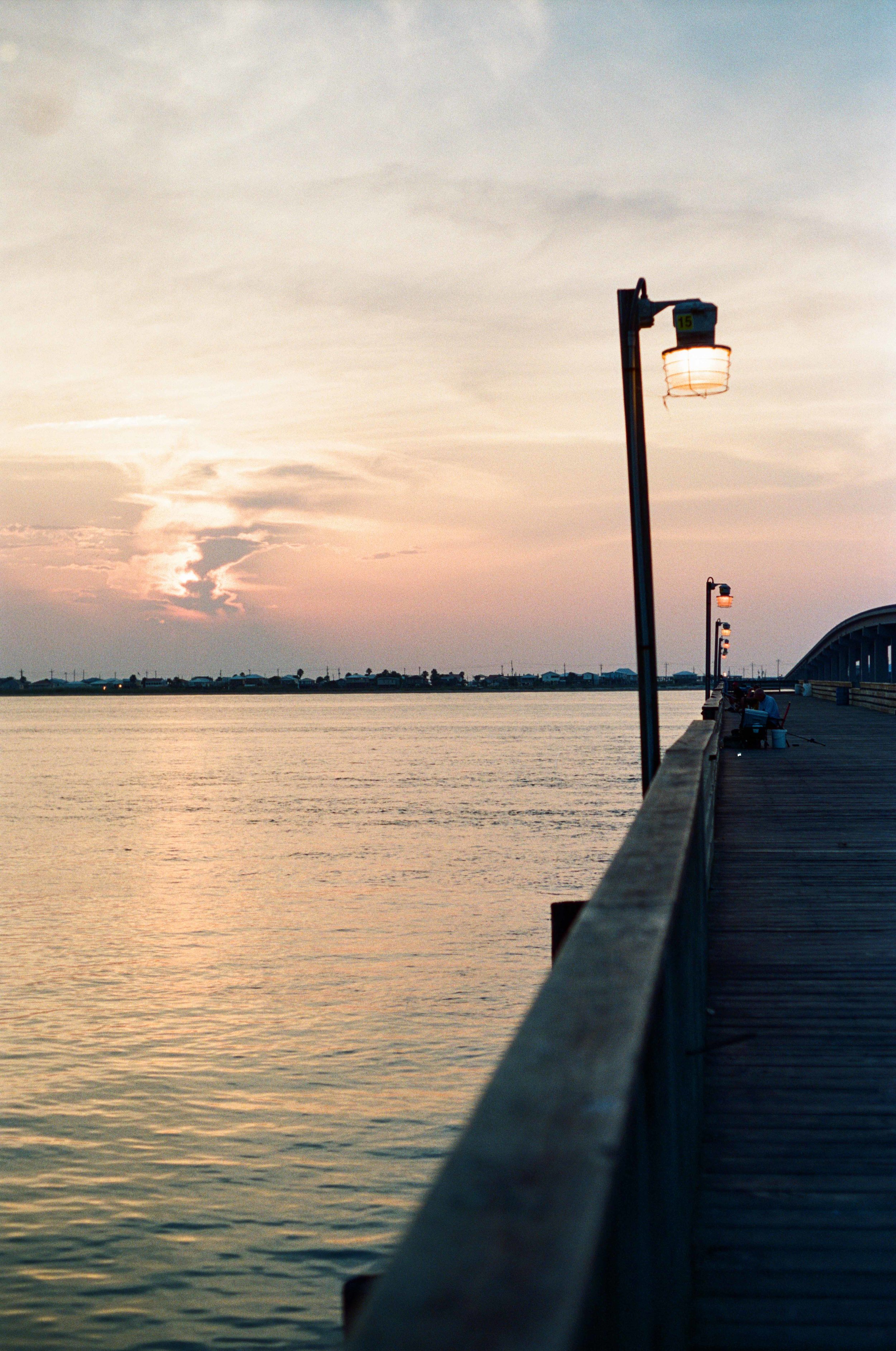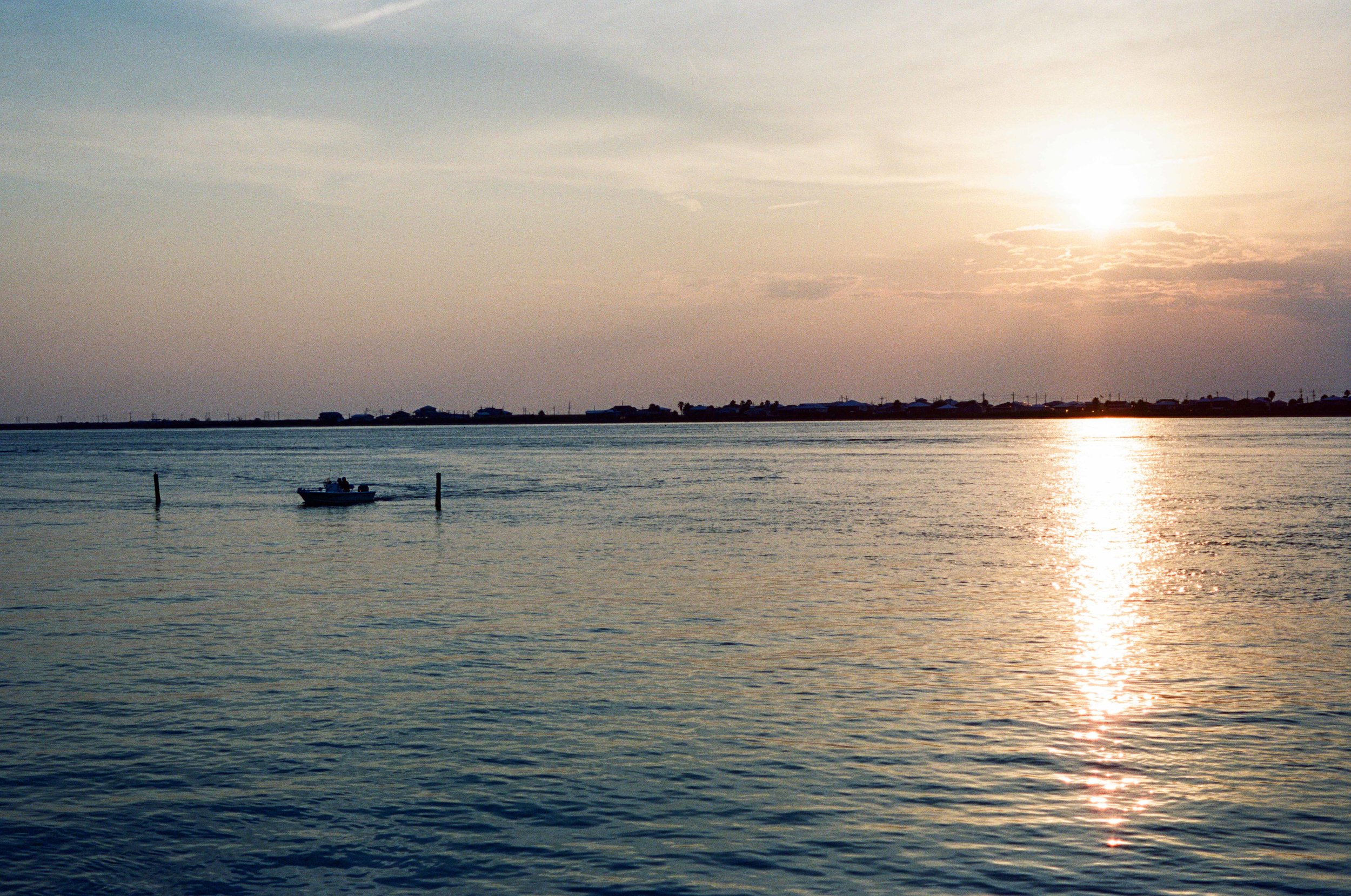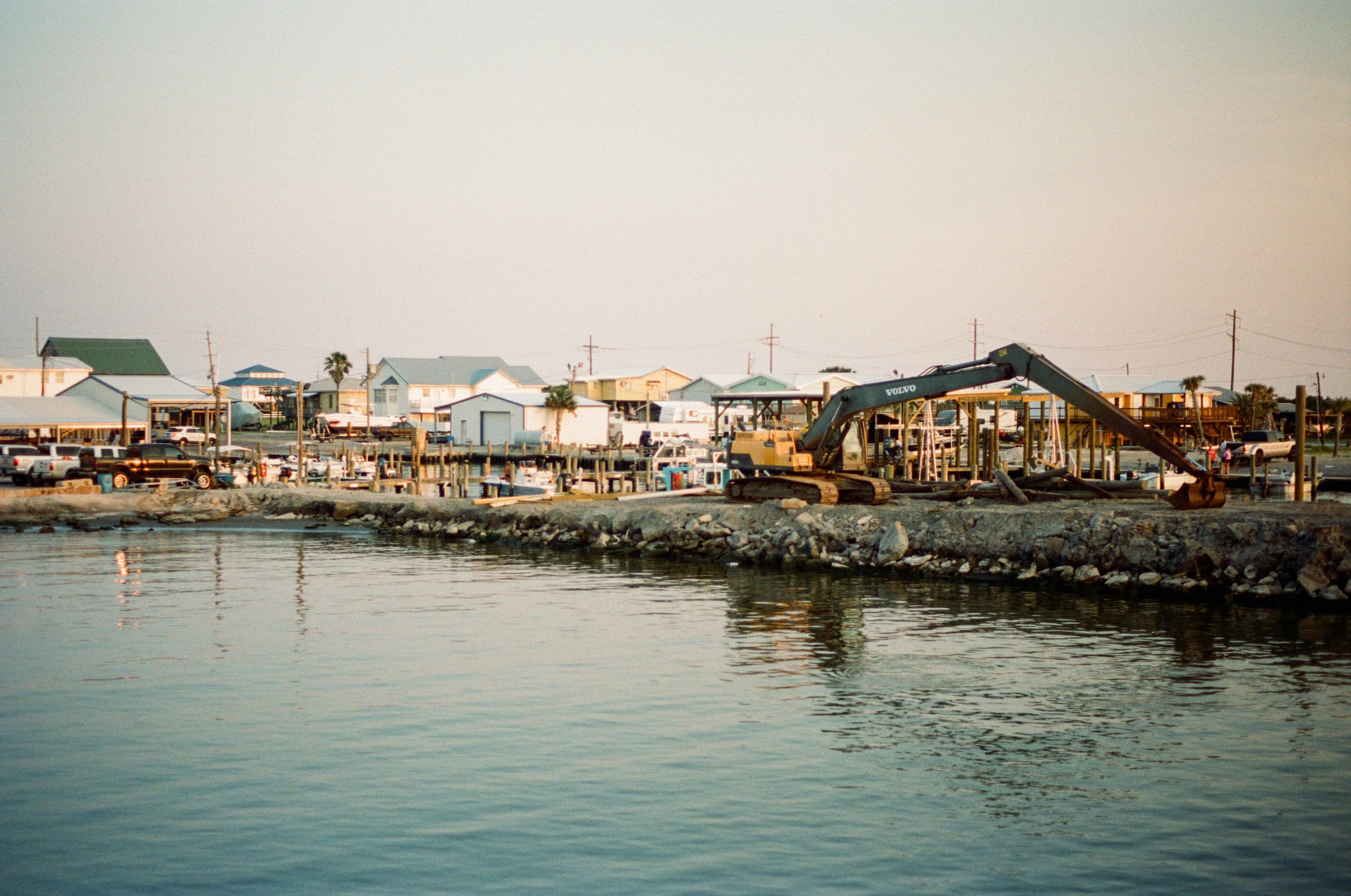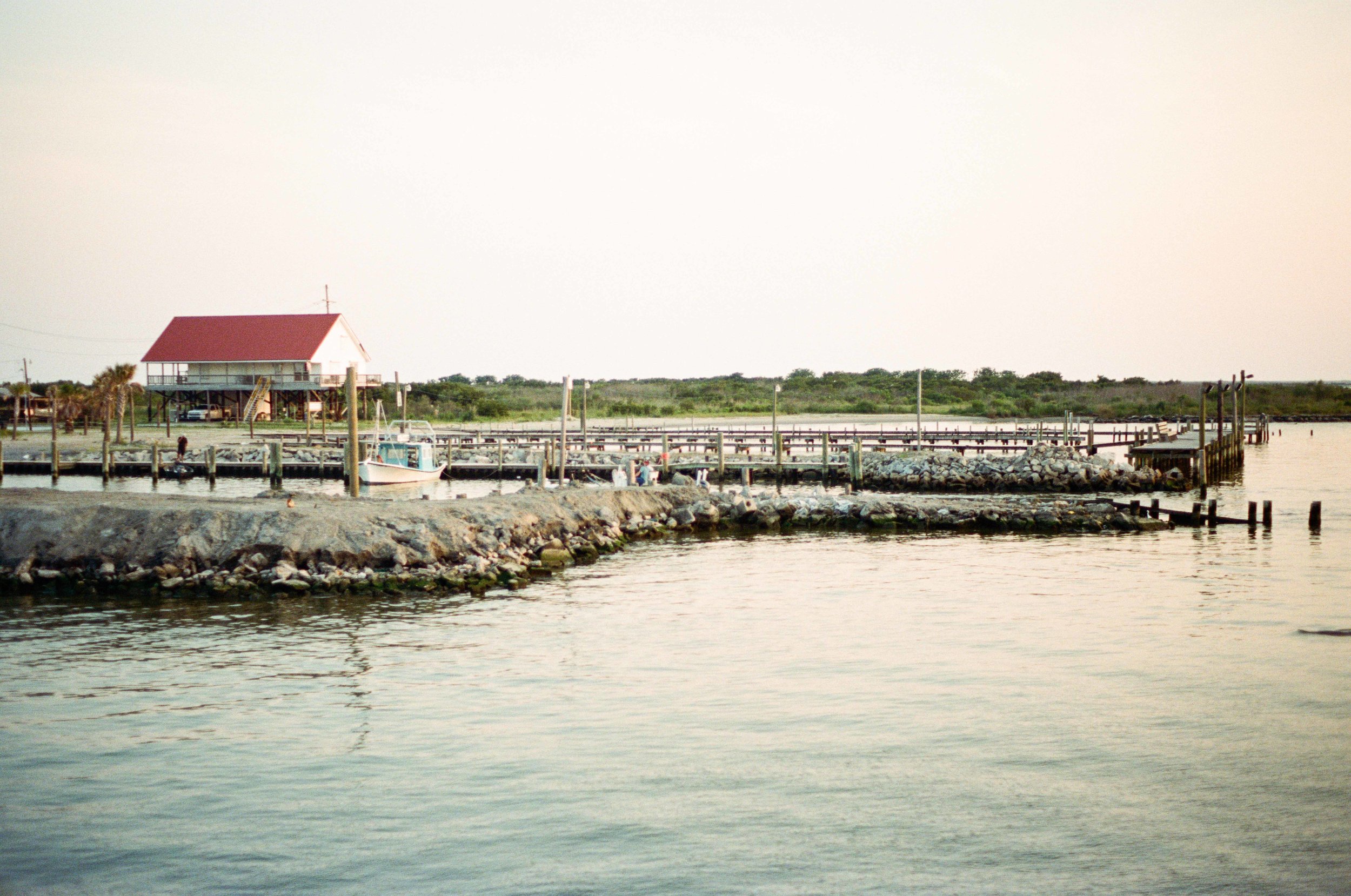This mask is suffocating me. My chest rises, then falls in desperation. Dyspnea invades my body - leaving me to question my fate. I am trapped. There is no visible escape.
Who am I?
Like a prism, I reflect my uncertainty in an infinite number of directions.
I don’t know.
A tattoo.
Becomes a part of the flesh, one’s identity. Permanently. No amount of soap or water can remove the marks which have integrated themselves deep within the skin – becoming a part of the body like every other organ needed to live. A jagged edge cannot be removed – only covered up with something which seems more appealing, but only at that moment. Quickly, dissatisfaction washes over – nothing will ever be perfect.
A sexual encounter.
Leaves one feeling full, only briefly. Bright eyes and rosy cheeks exchanged for an empty gaze reflecting the hollowed soul when darkness overthrows. Limp limbs bury themselves in linen, hoping they blend in. The scent of lavender shampoo brands the pillow that will be washed by the time the morning paper is thrown on the doorstep. Quickly and easily disposable.
A shot of liquor.
Burns the throat, then warms each cell like a furnace. A fire is lit within. Temporary satisfaction is found in the dysmorphia of self-identity. Reassured by tabula rasa upon awakening, the night is filled with the possibility of rebirth - but only before the sun rises and the mask comes off.
This mask is suffocating me.
Slowly, society erases the vibrant color of life – turning everything black and white. Blood no longer navigates the map of veins, but has been drained as if sucked dry by a vampire.
Time stops.
As Claudia from Rice’s “Interview with a Vampire” is a woman trapped in a child’s body, I have been enslaved within a society where conformity and obedience trump expressiveness and creativity. The latter being associated with rebellion and the prior equated with success. Throughout the novel, Claudia exhibits her perpetual state of childhood with her association to dolls. A reader can witness Claudia’s eternal frustration as she initially plays with the dolls as any child normally would; then she progressively begins to recognize how the dolls never age, just like her because of her conversion into a vampire as a child. Understanding her position of being locked in a child’s body, Claudia becomes resentful of the vampire who is responsible for her permanent appearance and only desires one thing – a woman’s body. I am a doll of societal standards – expected to embrace the appearances and mannerisms which are perceived as “acceptable” for a young woman, ultimately trapping me in a position which inhibits my growth or transformation as an individual.
“You dress me like a doll. You make my hair like a doll. Why? You want me to be a doll forever?”
Having the opportunity to experience this novel in the setting which it is based has provided me with the ability to develop a new perspective and establish associations which would not have been made had I been found reading buried under my bed covers - hiding from the world. After visiting the Whitney Plantation, I was able to recognize the stark similarities between the enslaved people of Louisiana imported from Africa and Claudia’s life as a woman helplessly stuck in a child’s body. Seeing the Wall of Honor at the plantation which is dedicated to all the people who were enslaved on the Whitney Plantation, I was able to truly grasp how severe and disgusting the slave trade once was in the very place which I was standing. Some of the walls in the second memorial had excerpts from slaves which described their experience – further exploiting the brutality of slave life and the futility of attempting escape as any run-away slave would have his ears cut off and be branded with the fleur de lys. Any proceeding attempt to run away would result in the cutting of hamstrings, followed by decapitation. The willingness of the enslaved people to face these consequences in desperation for freedom can be mirrored with Claudia’s persistence in killing Lestat (the one responsible for her imprisonment) despite her knowing of his immortality.
My time in New Orleans thus far has not only aided in my establishment of connections between the novels being read and the history of Louisiana, but has also resonated within my personal life by bringing to light my own enslavement in today’s modern society founded on wealth and success. Unfortunately, like Claudia as well as the enslaved people of Louisiana, I am stuck playing the game of life, building my social and economic capital in a fruitless race to reach the top where we are allowed to say “I made it,” without ever truly understanding who that person is who got to such point.










